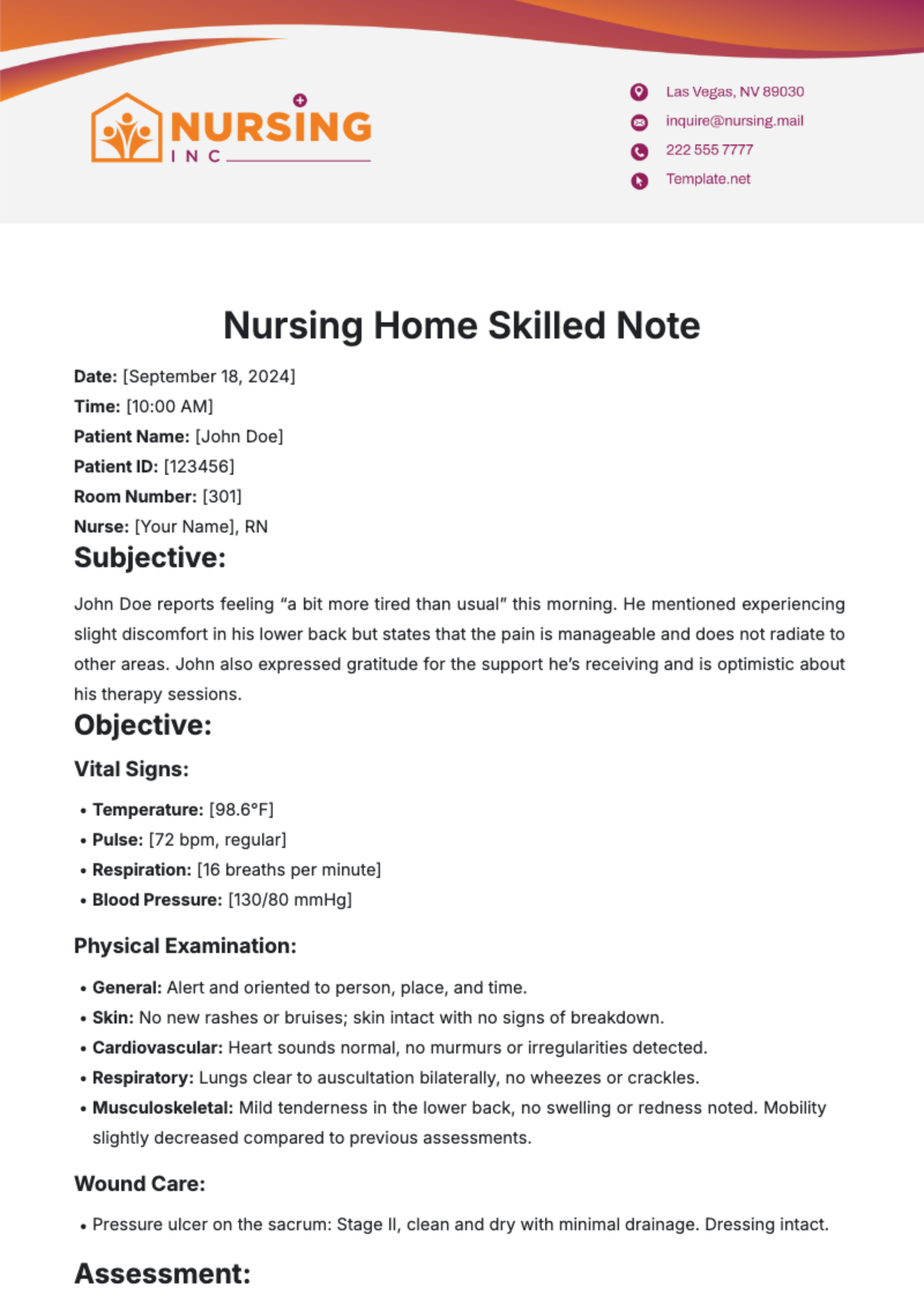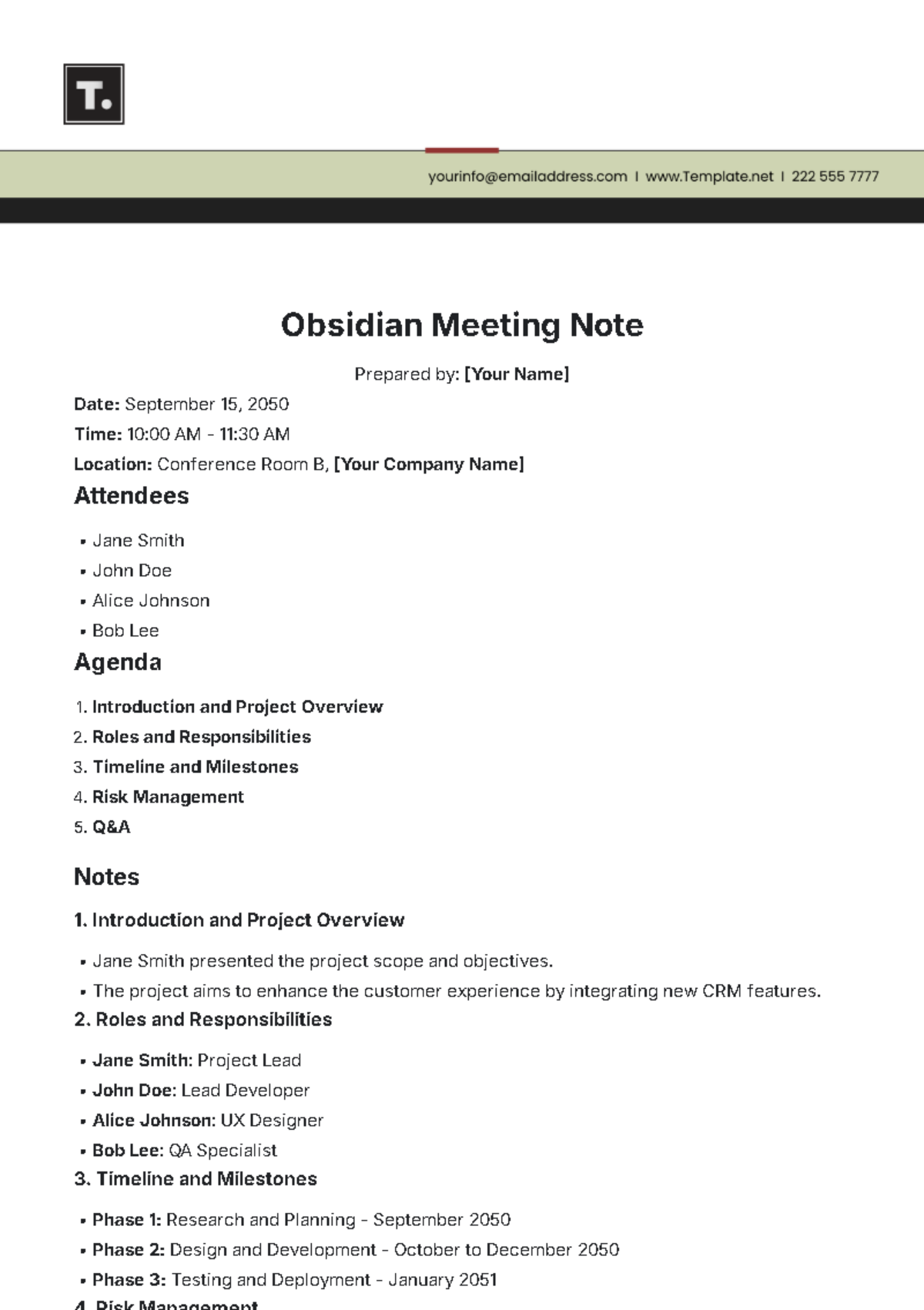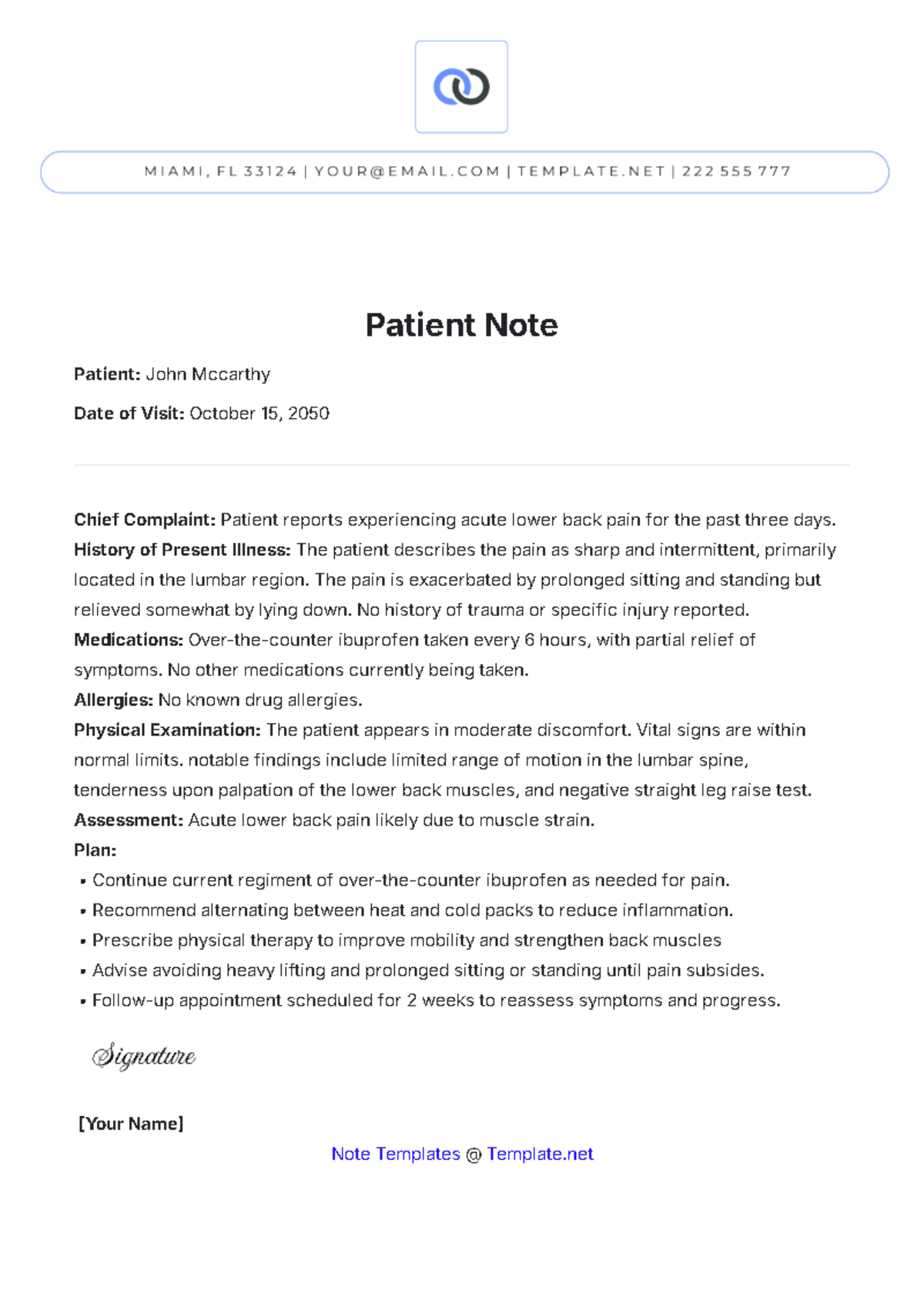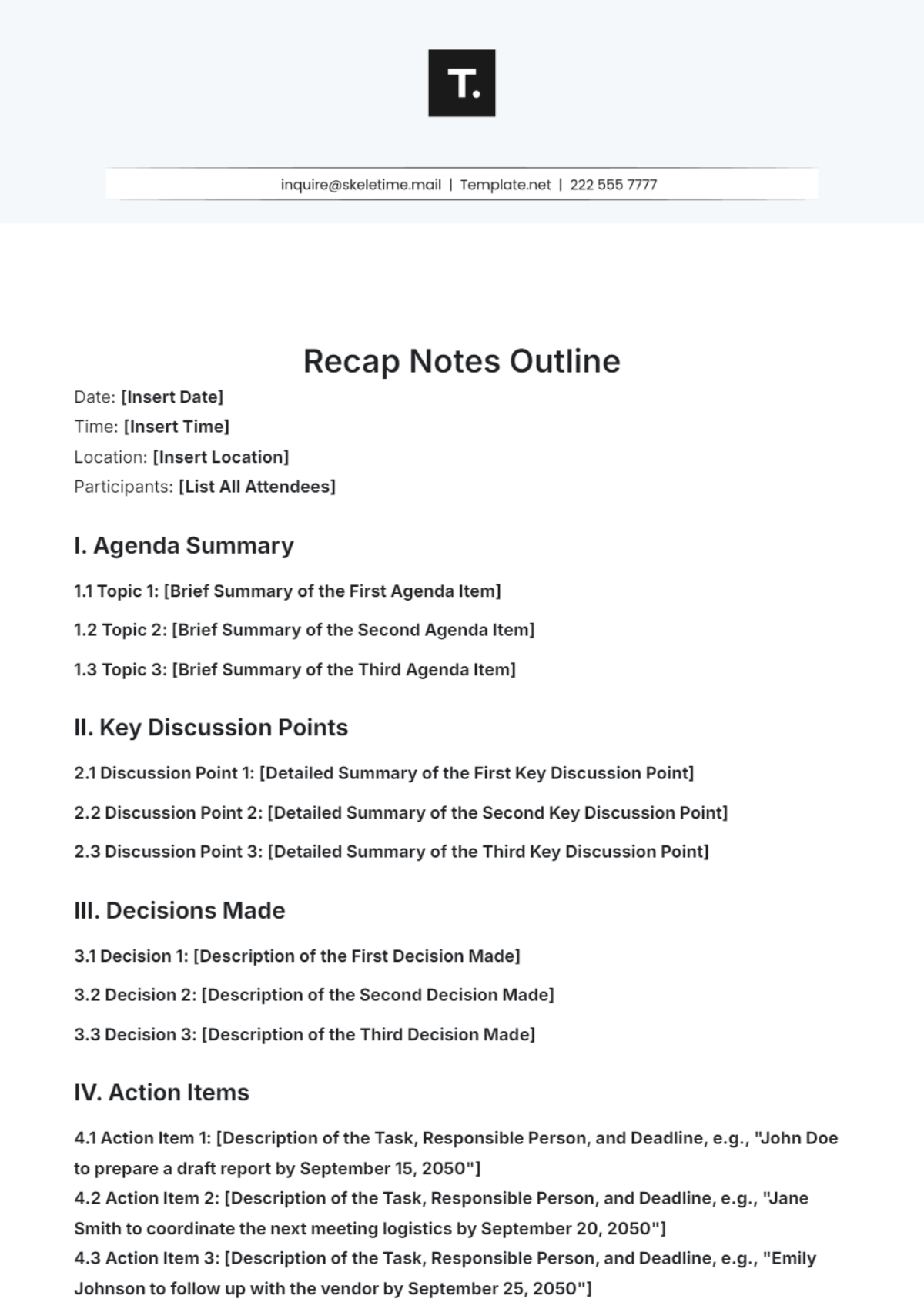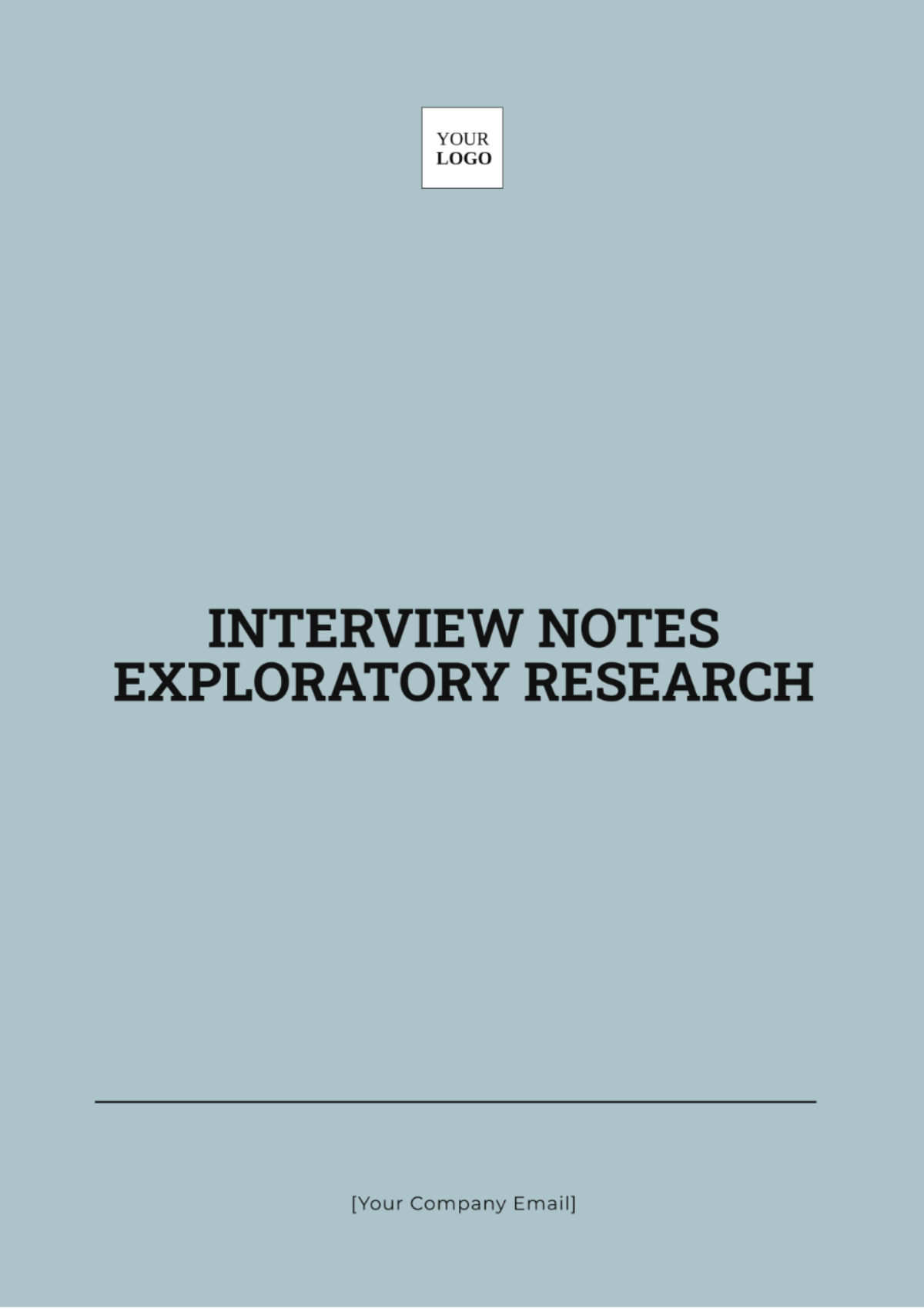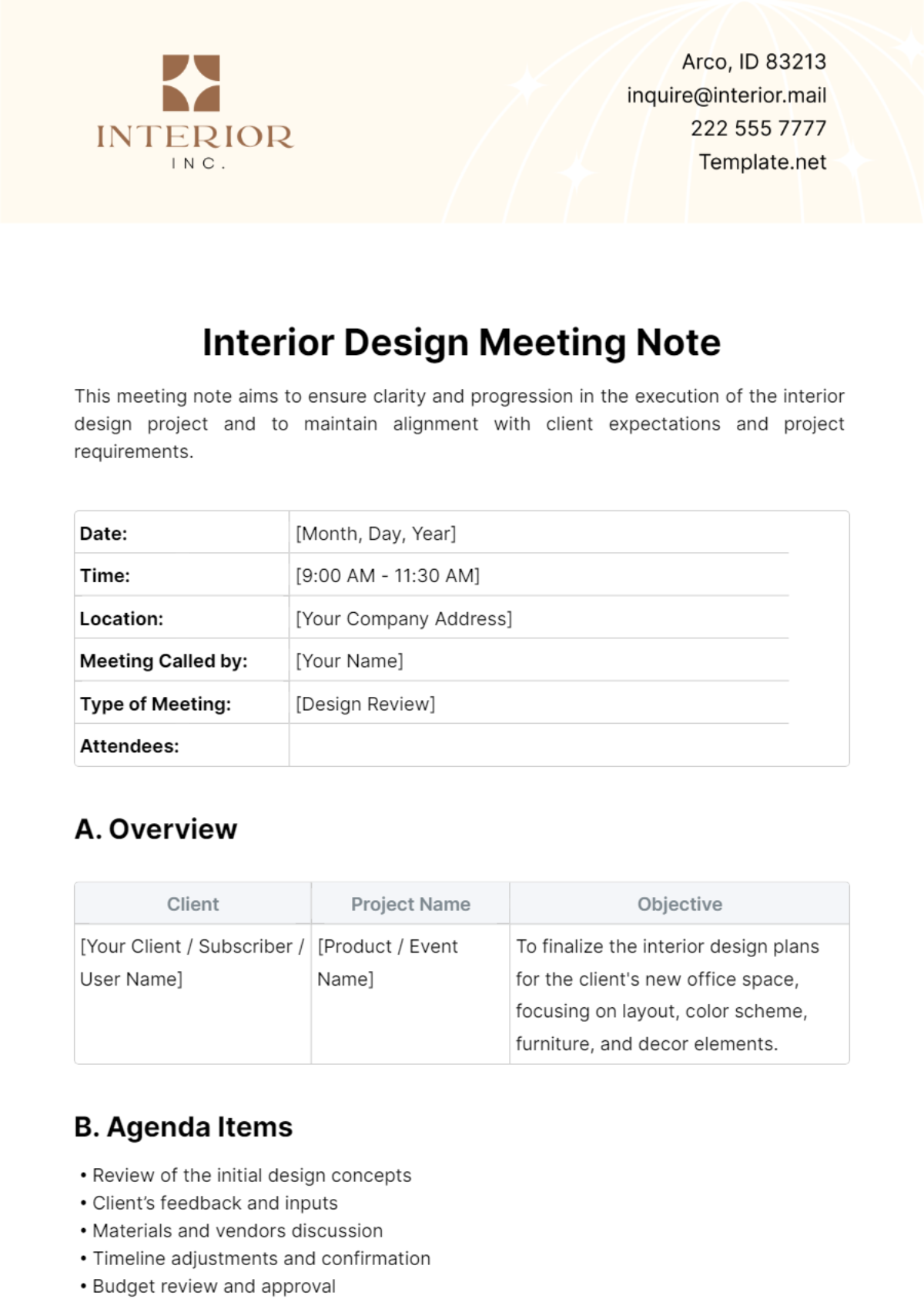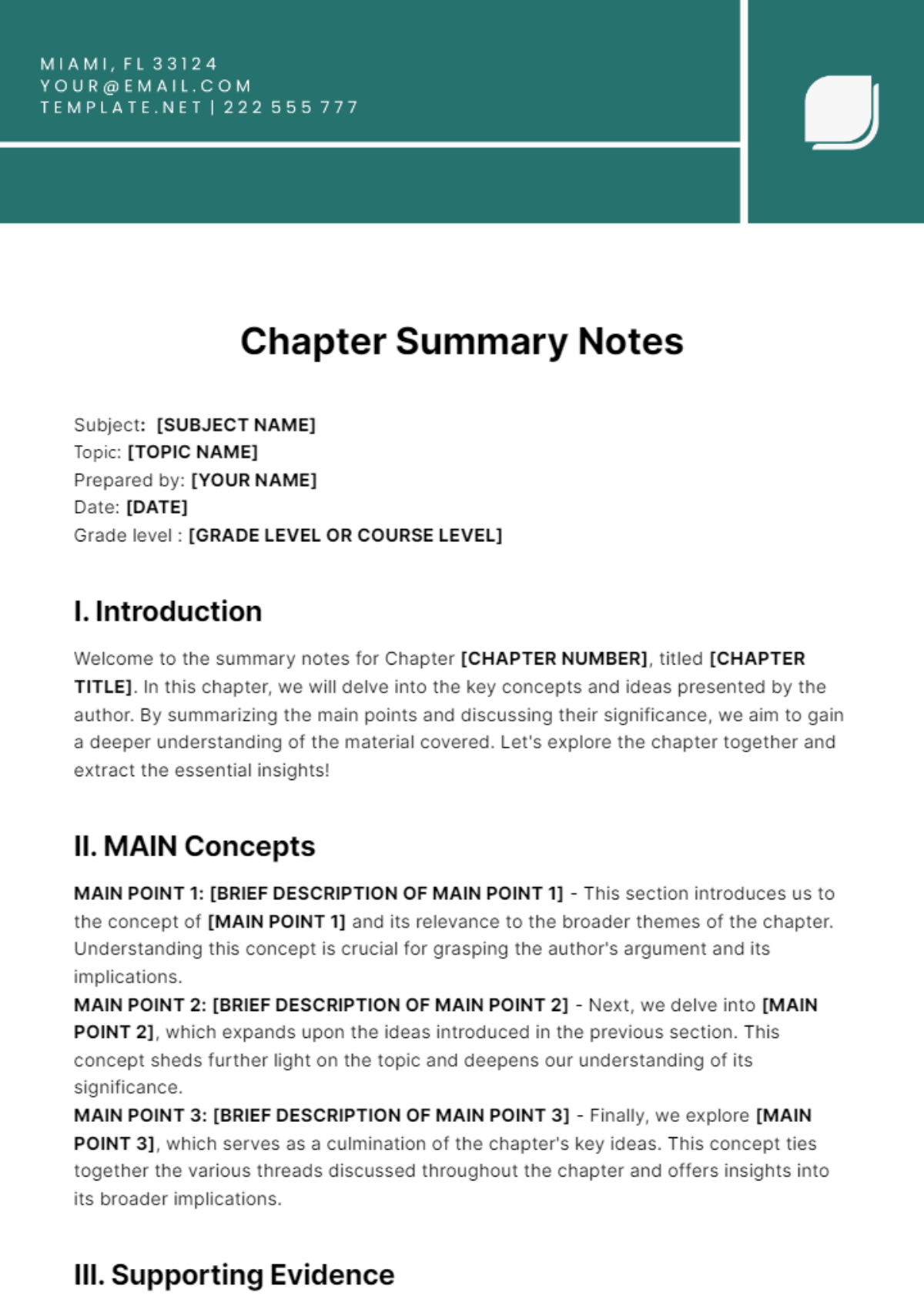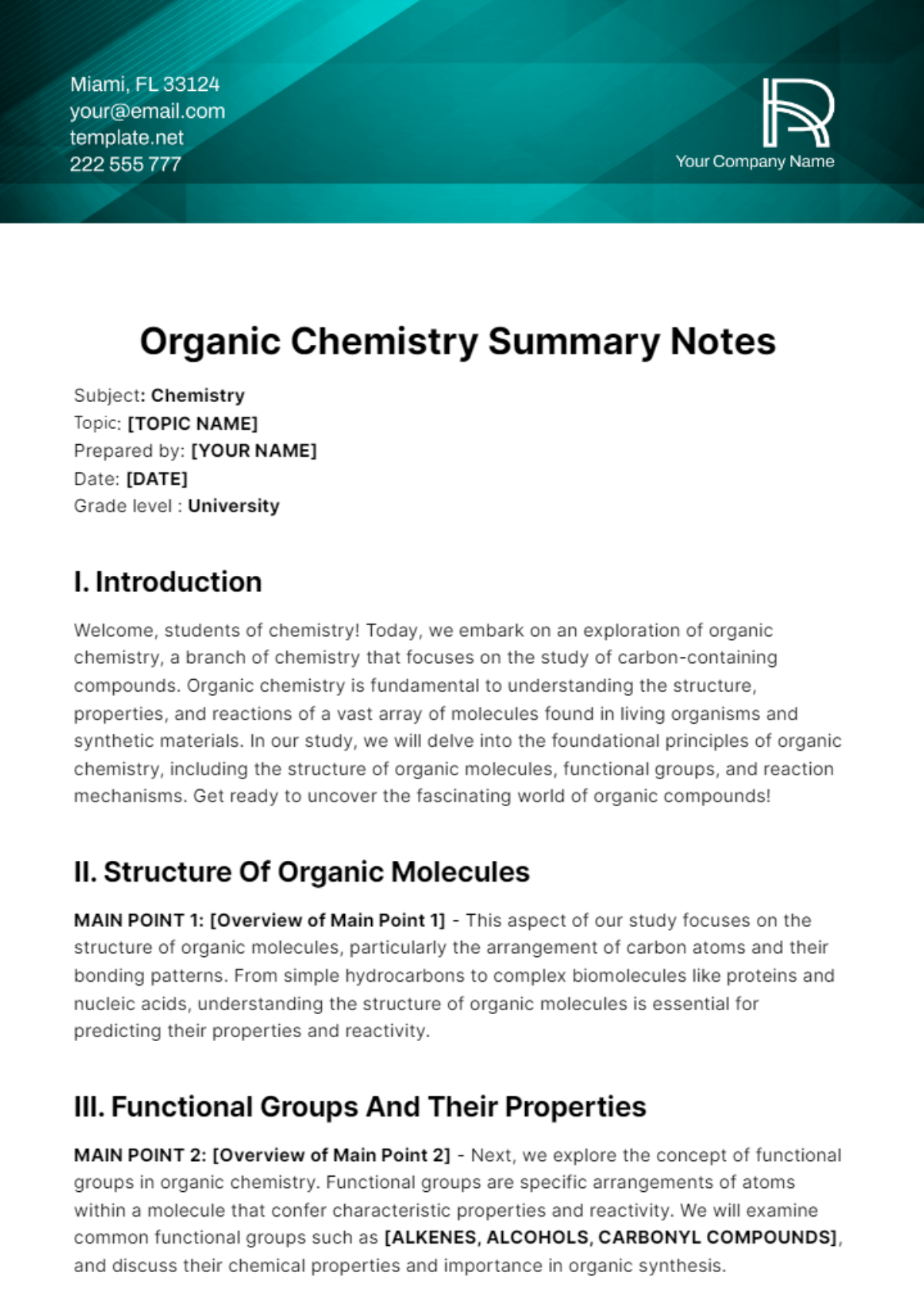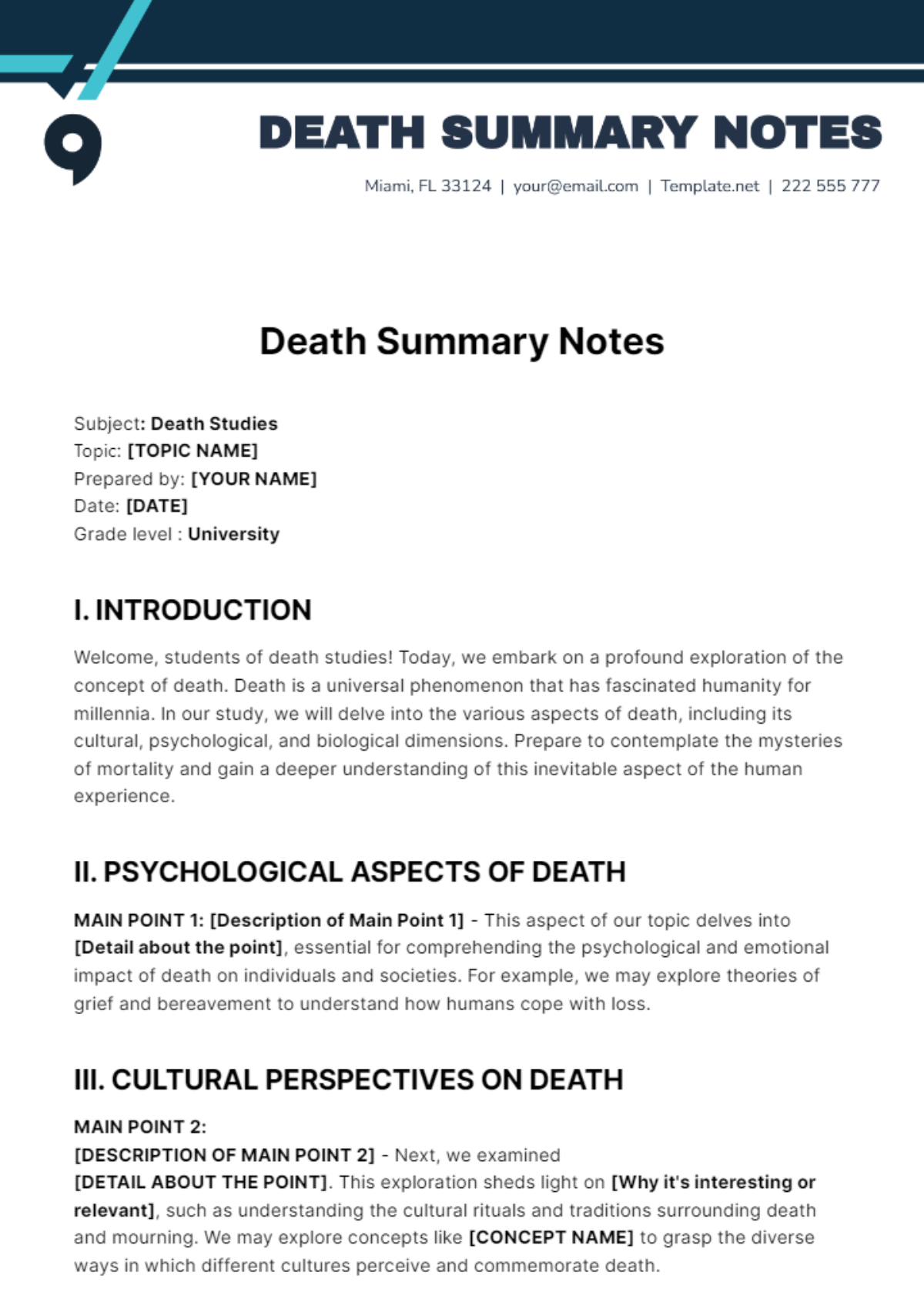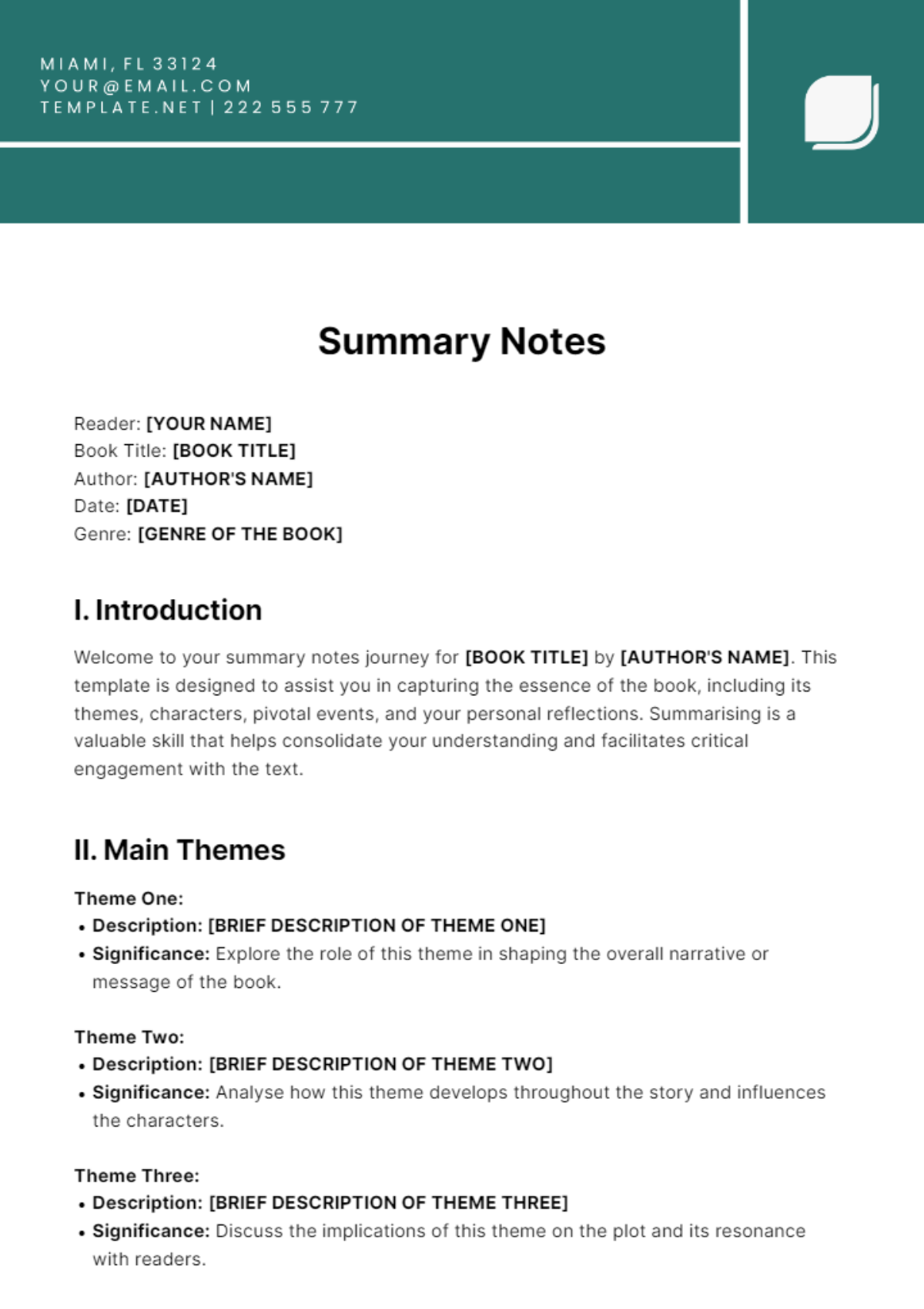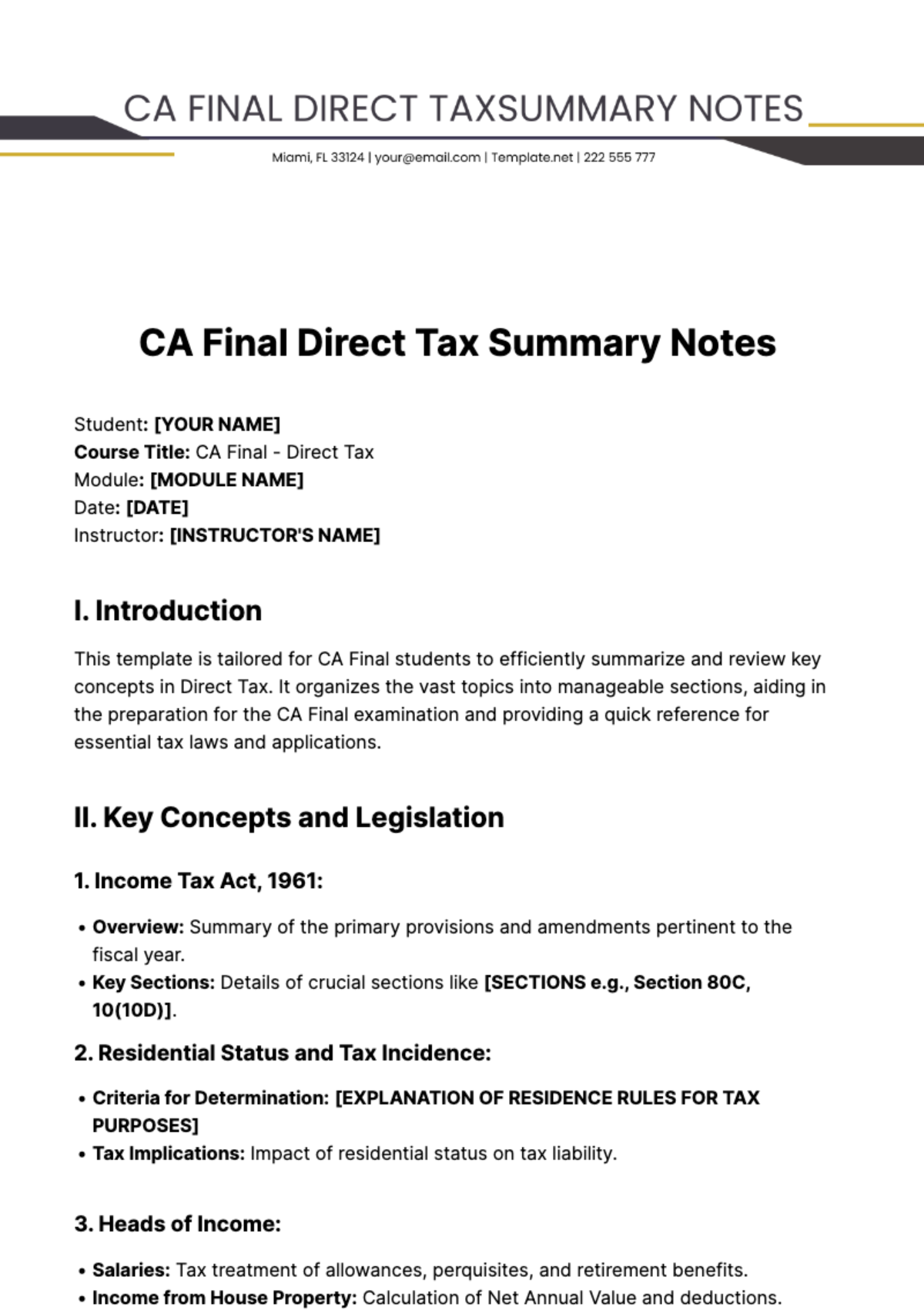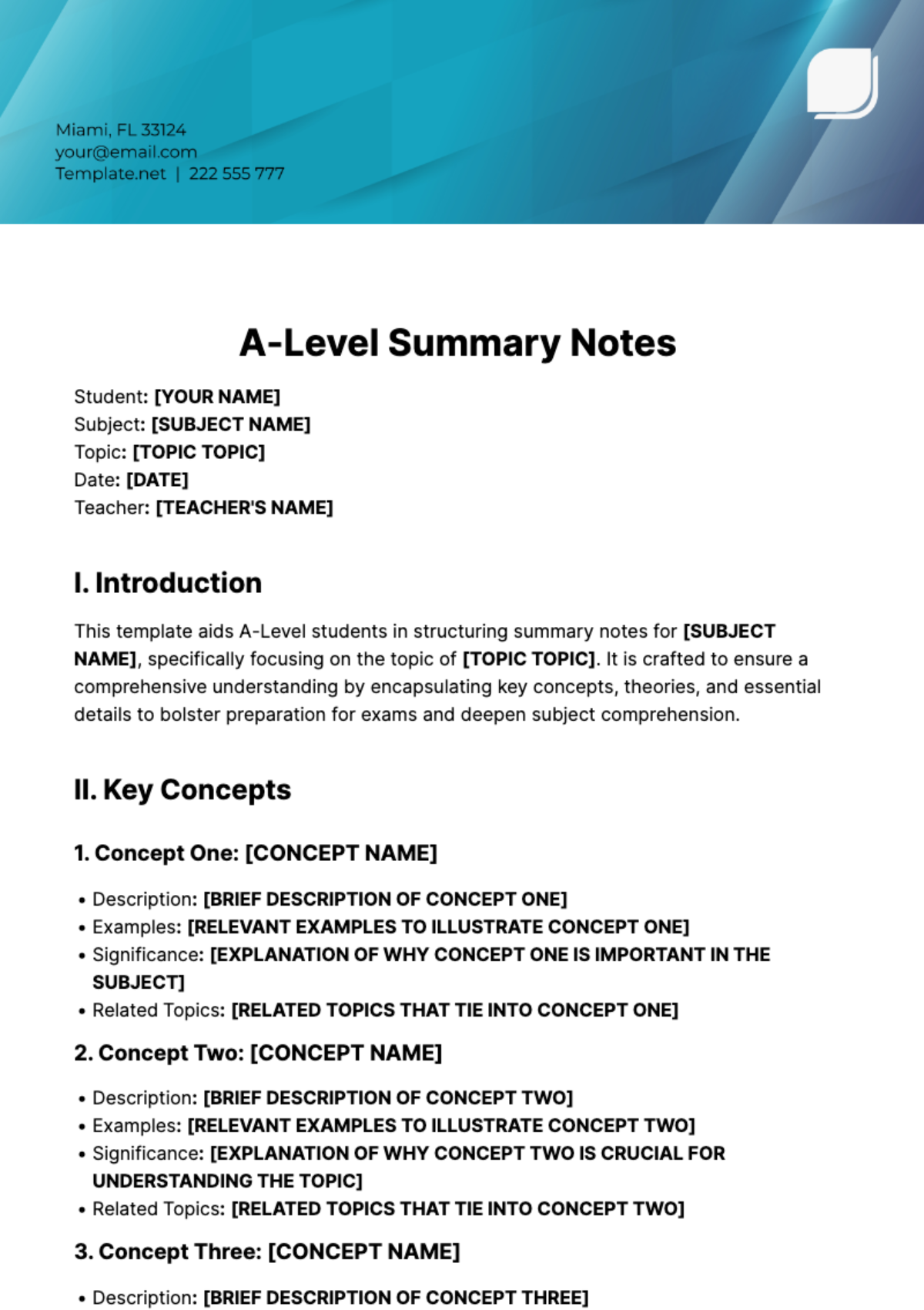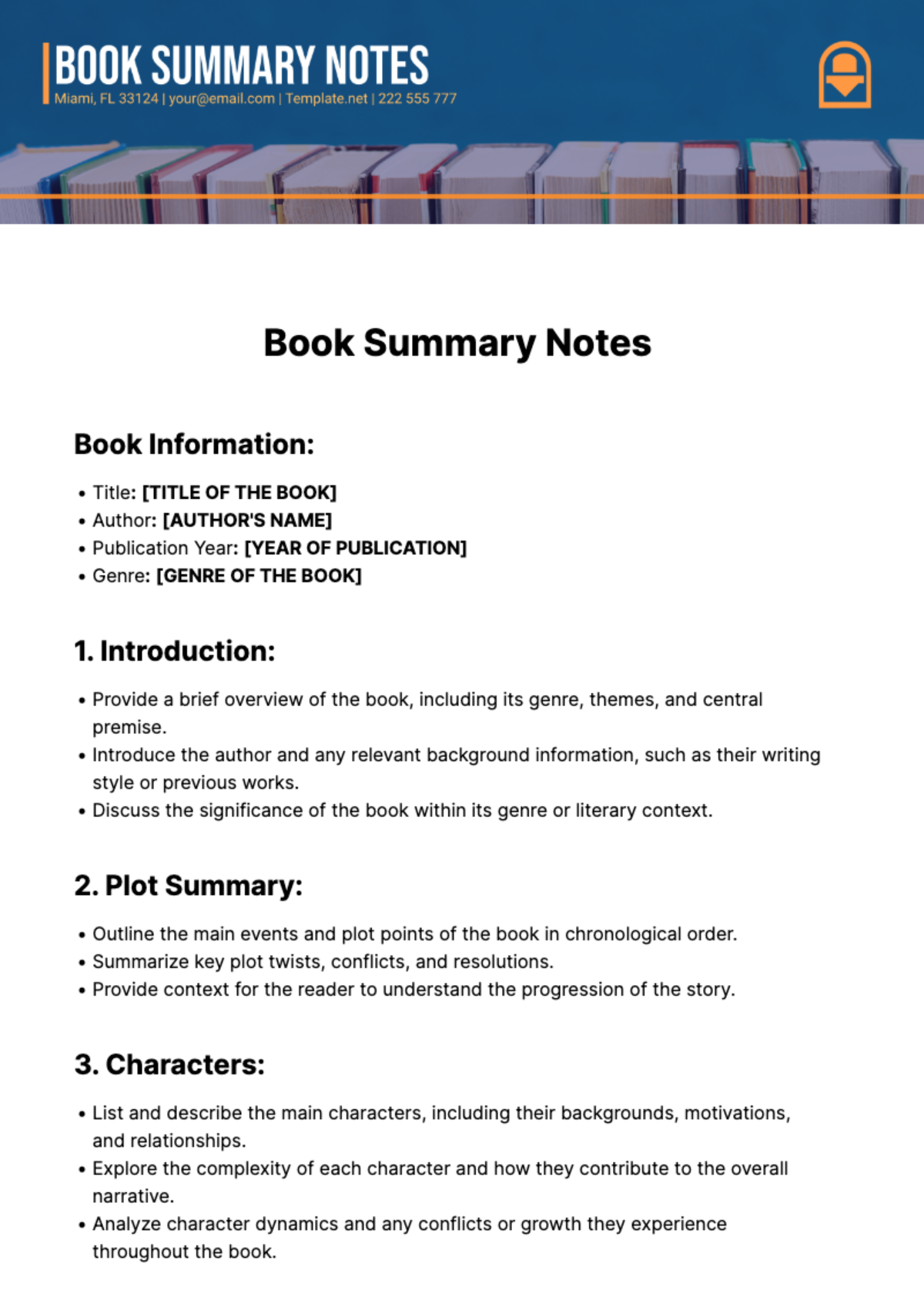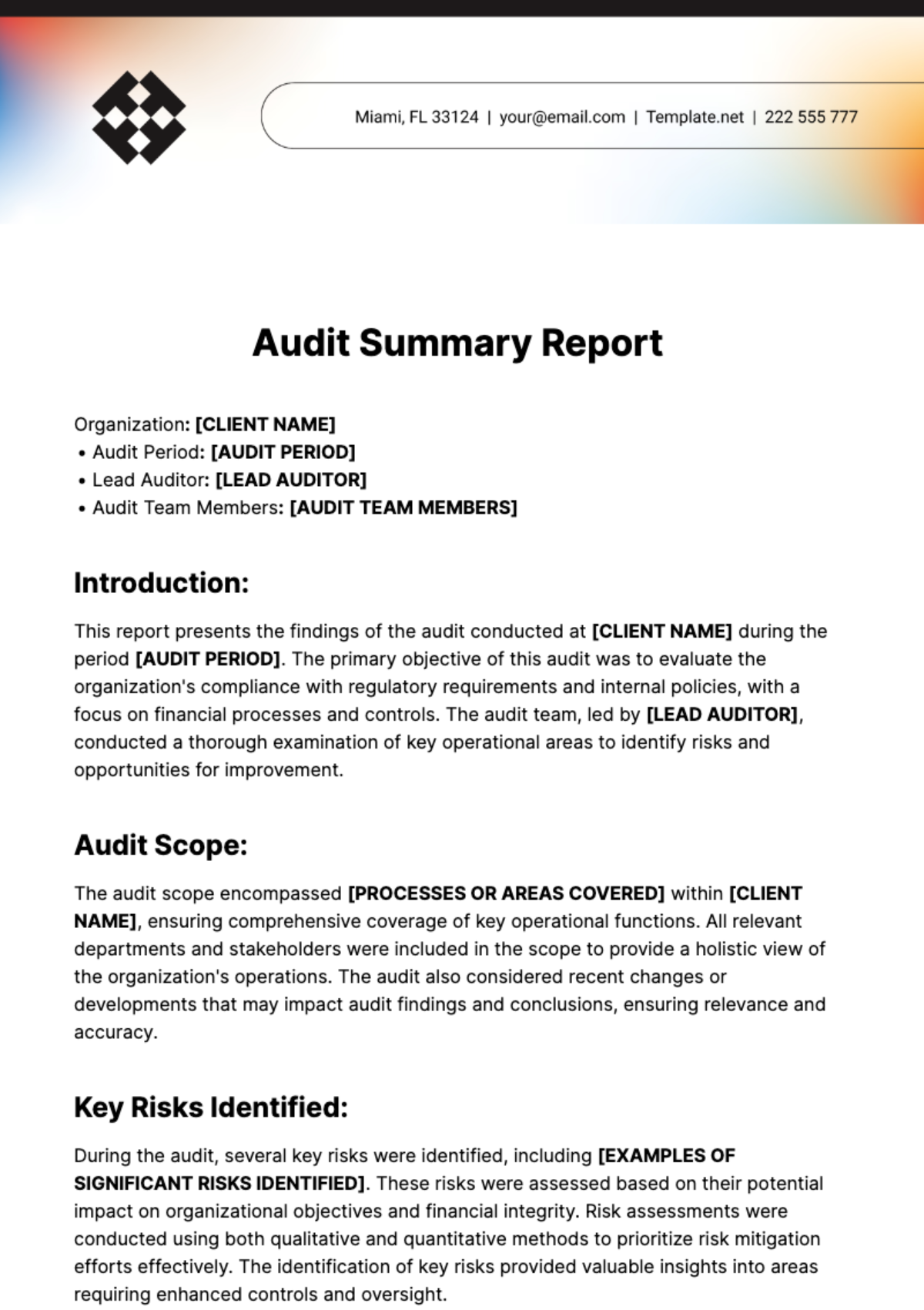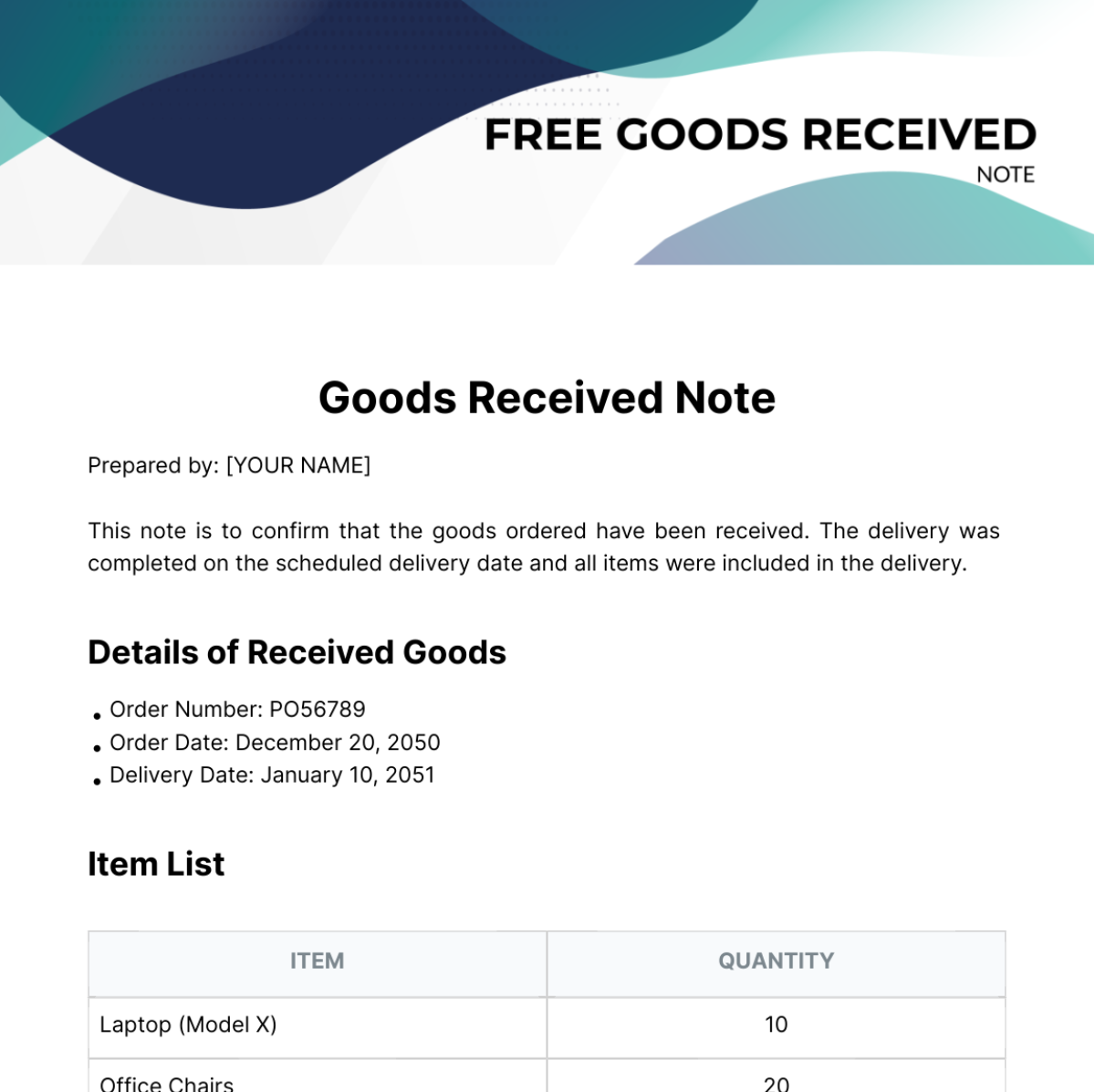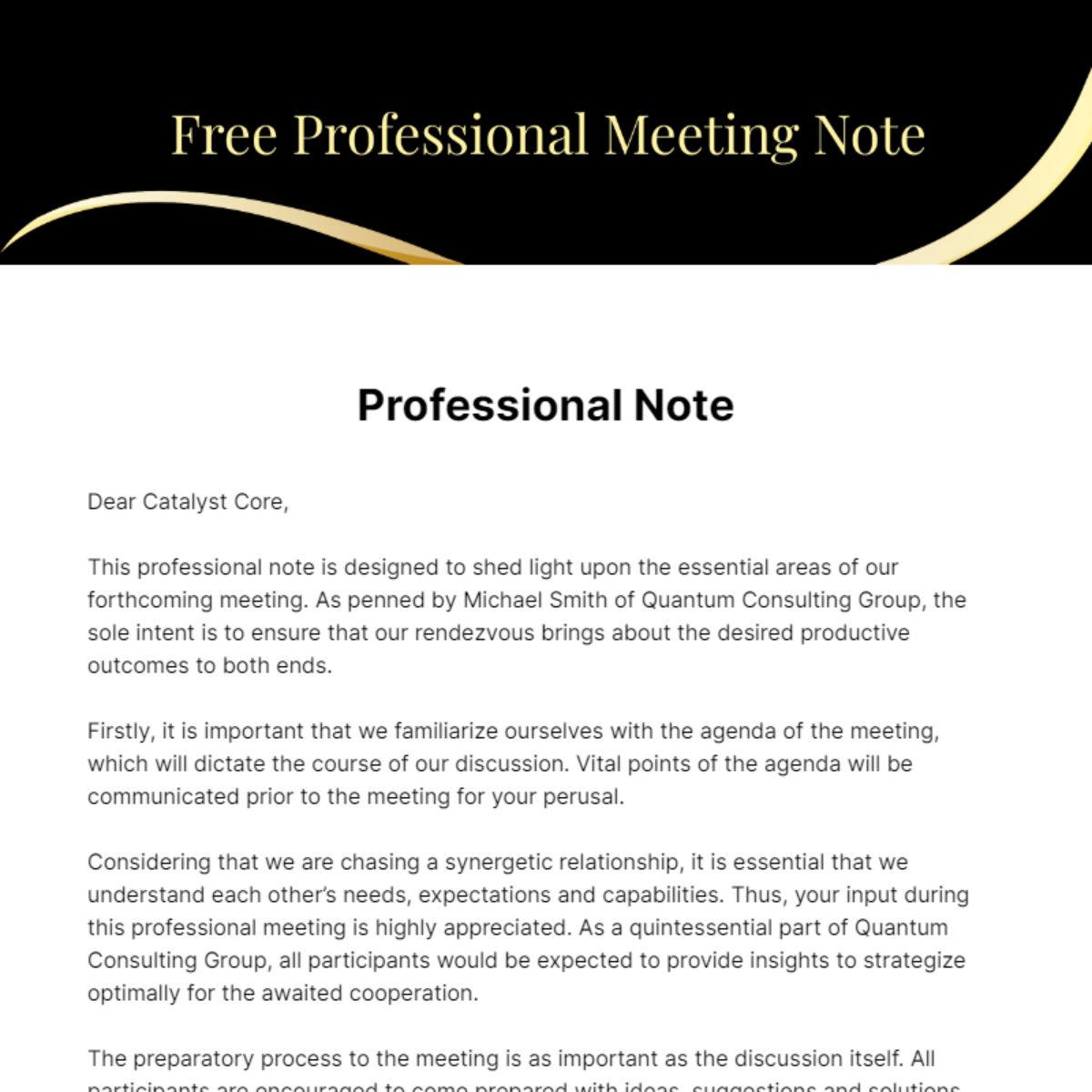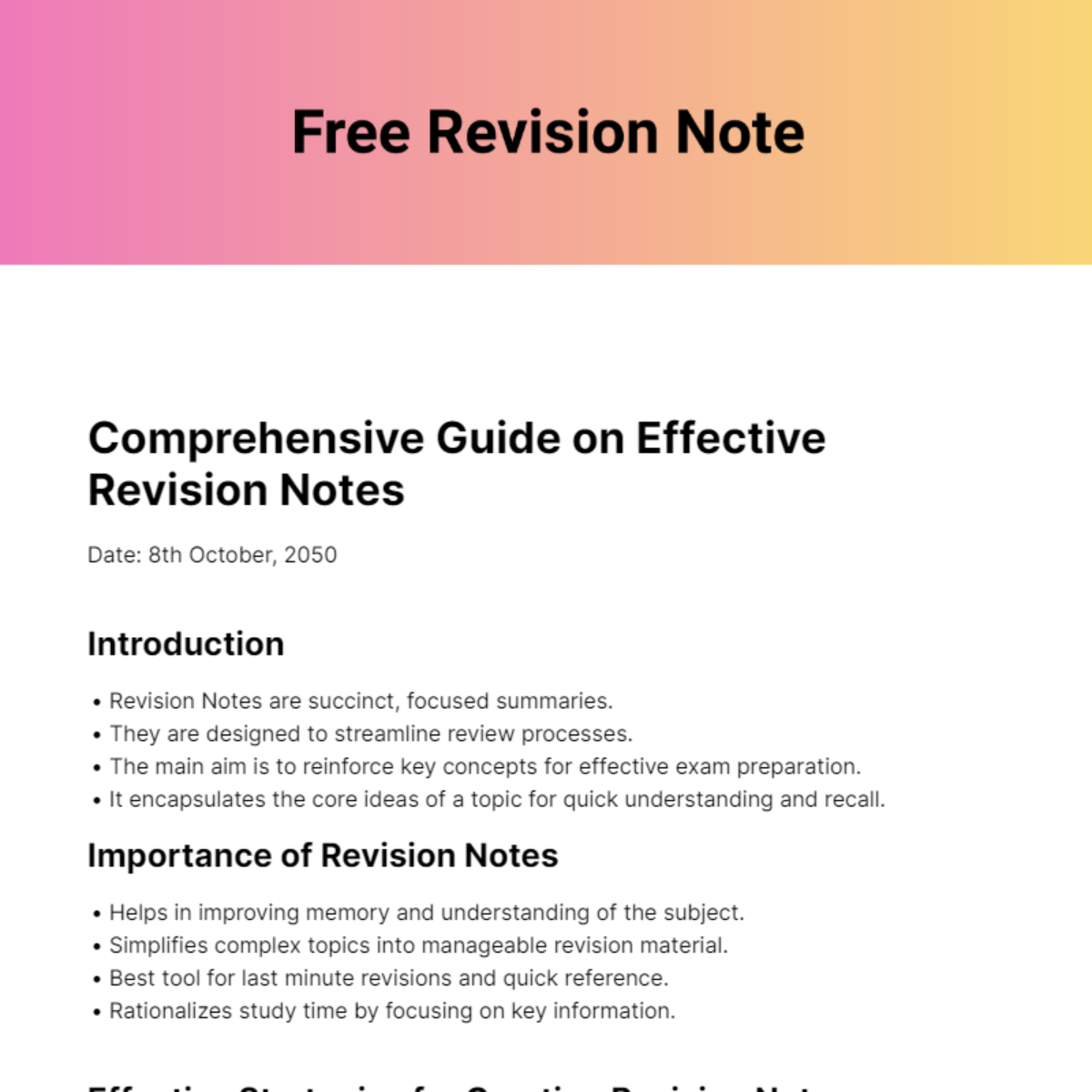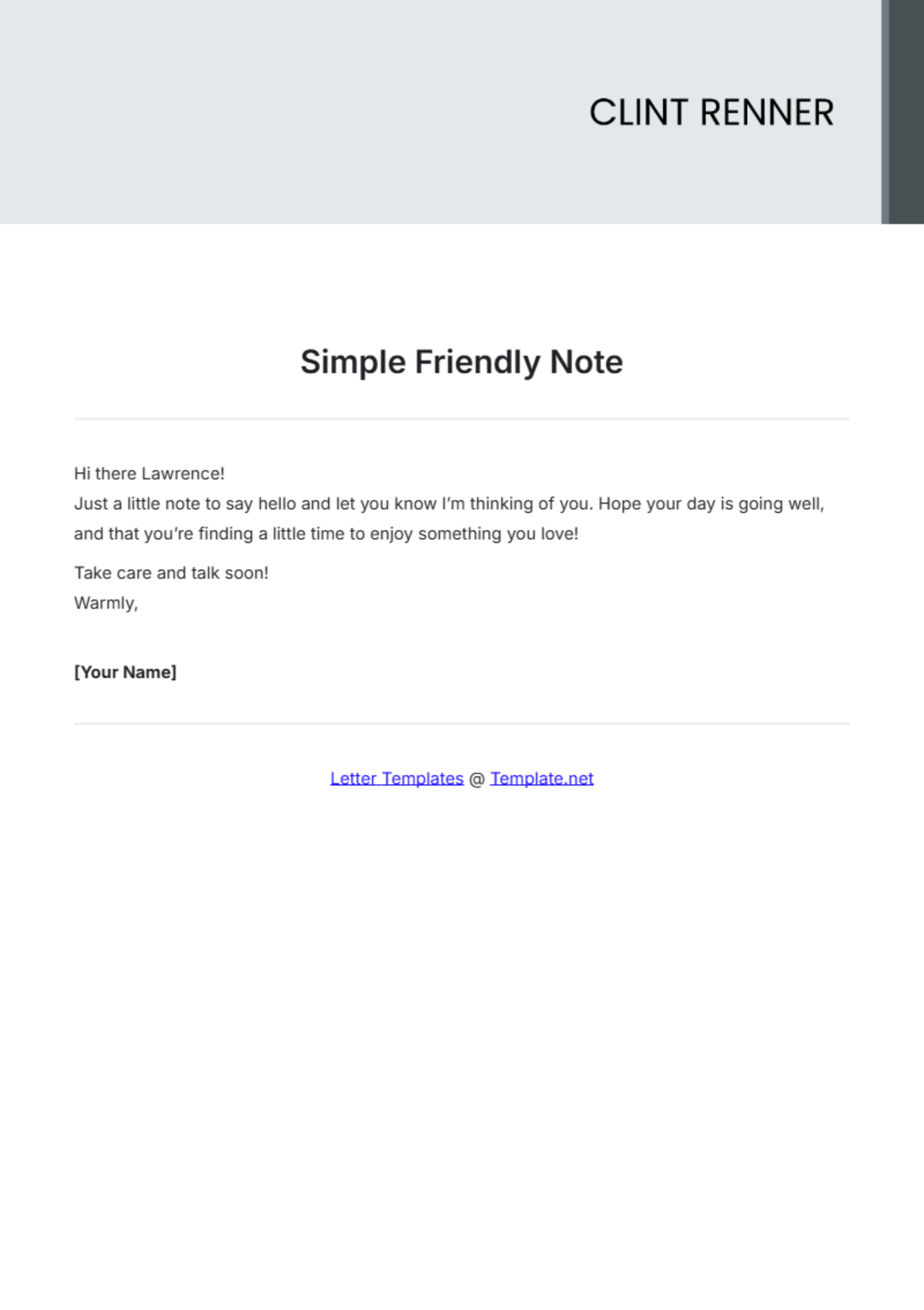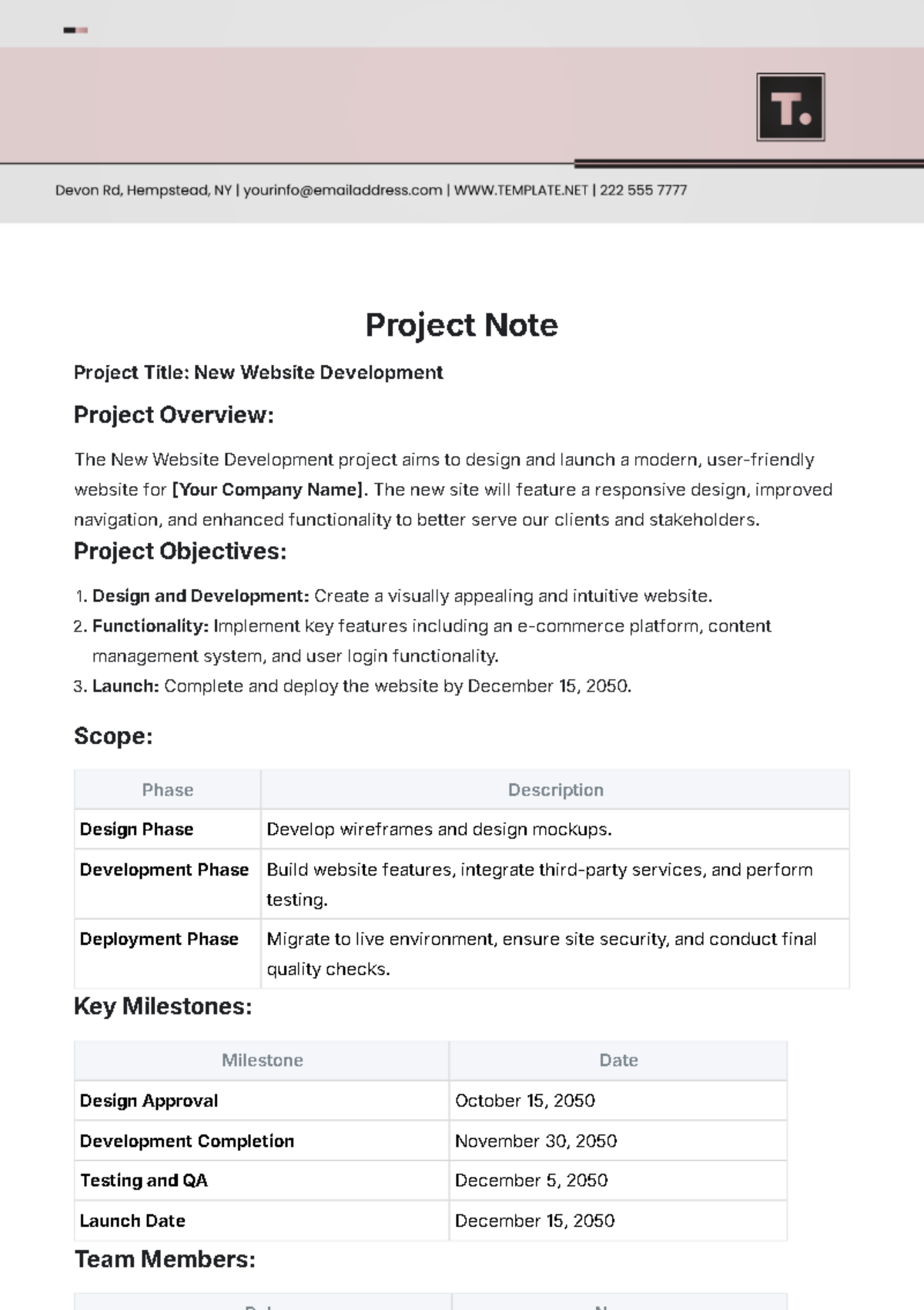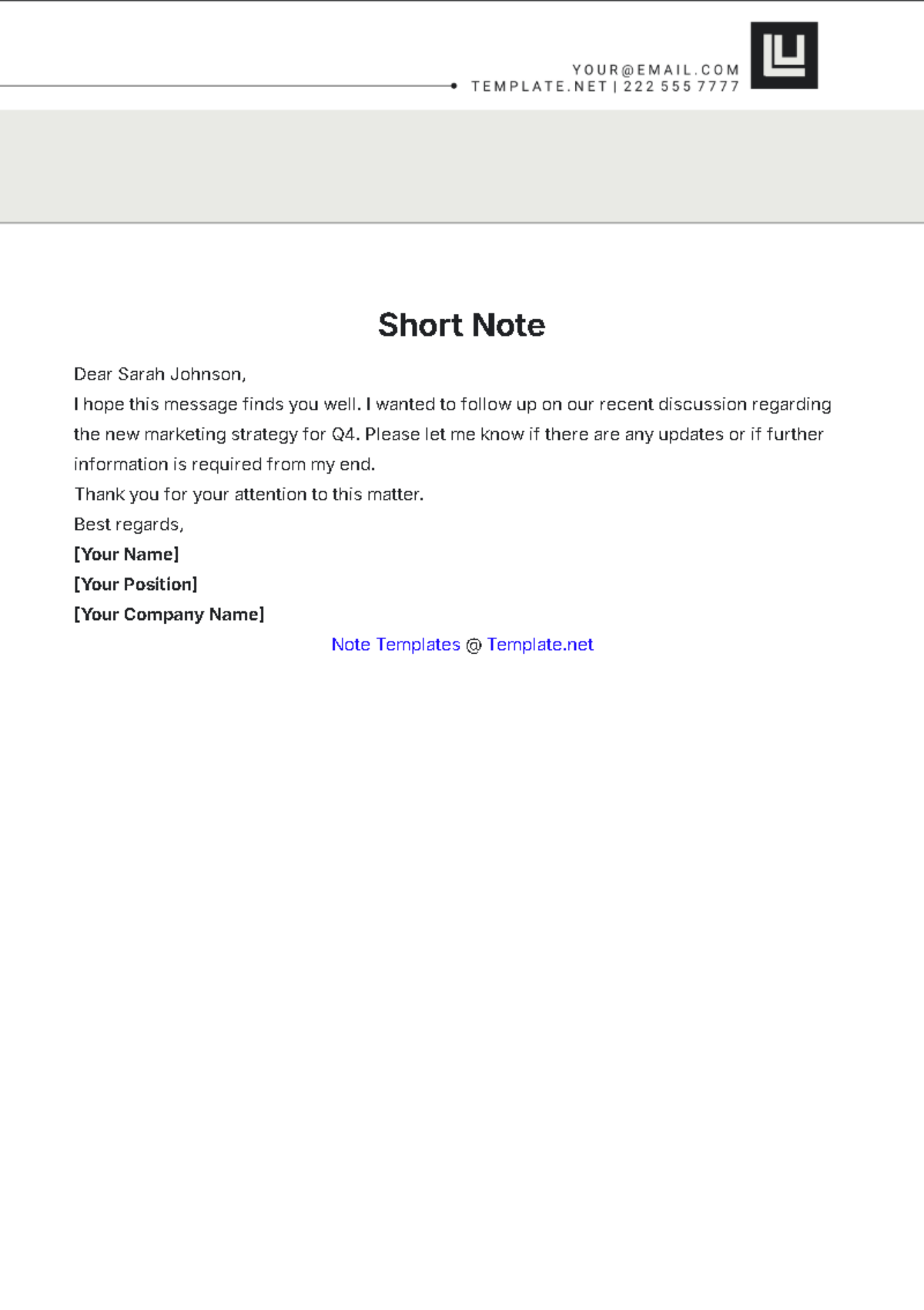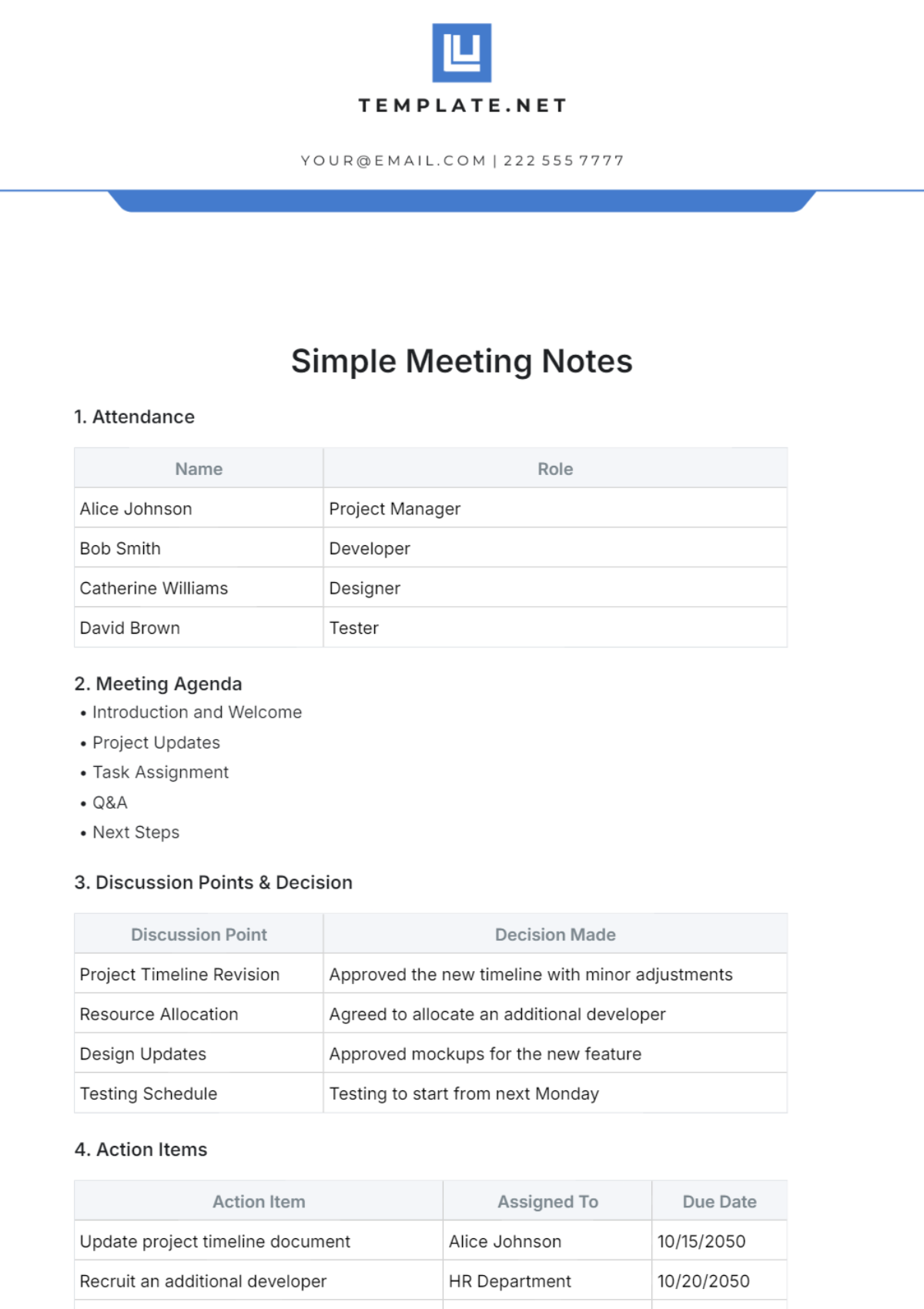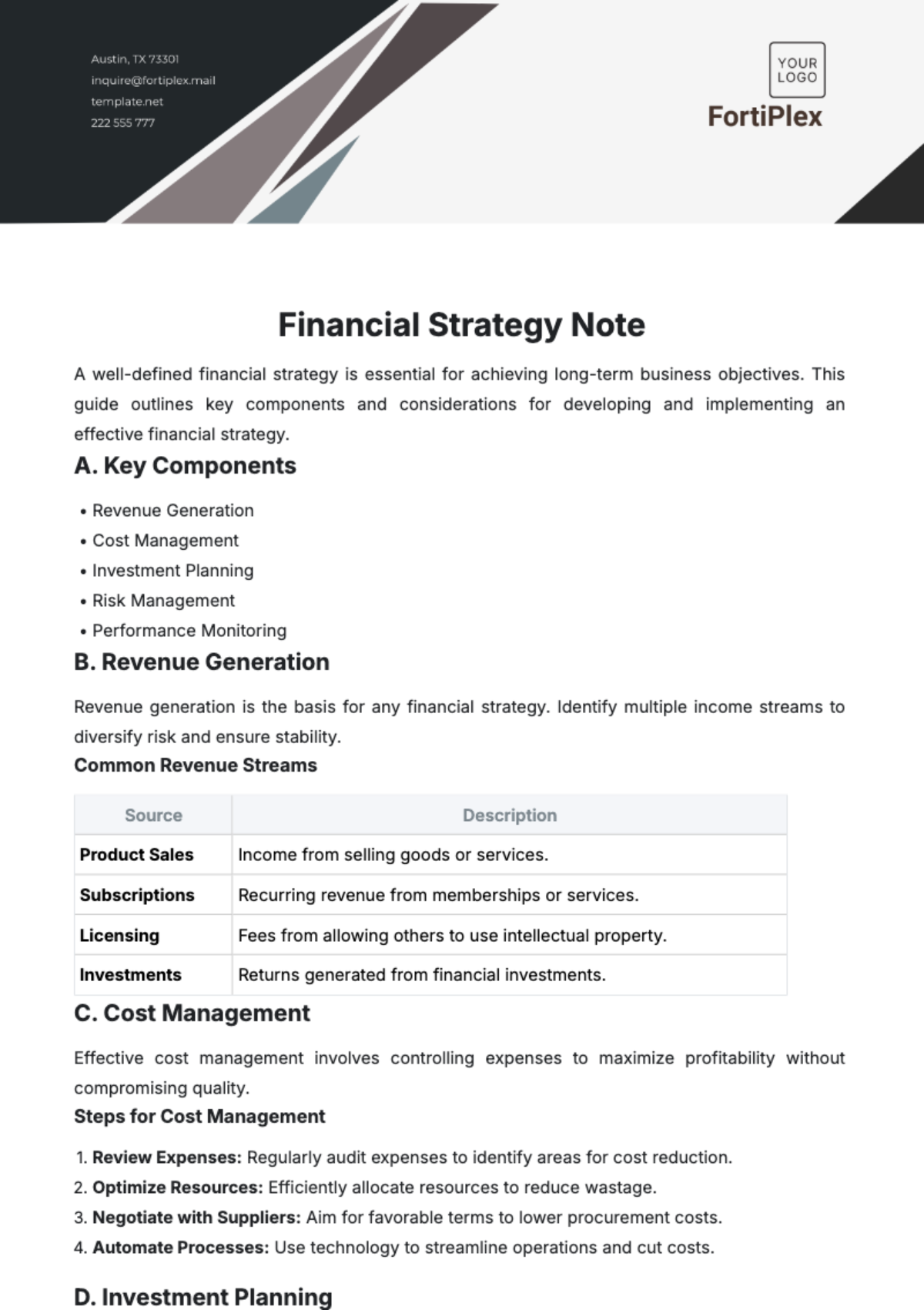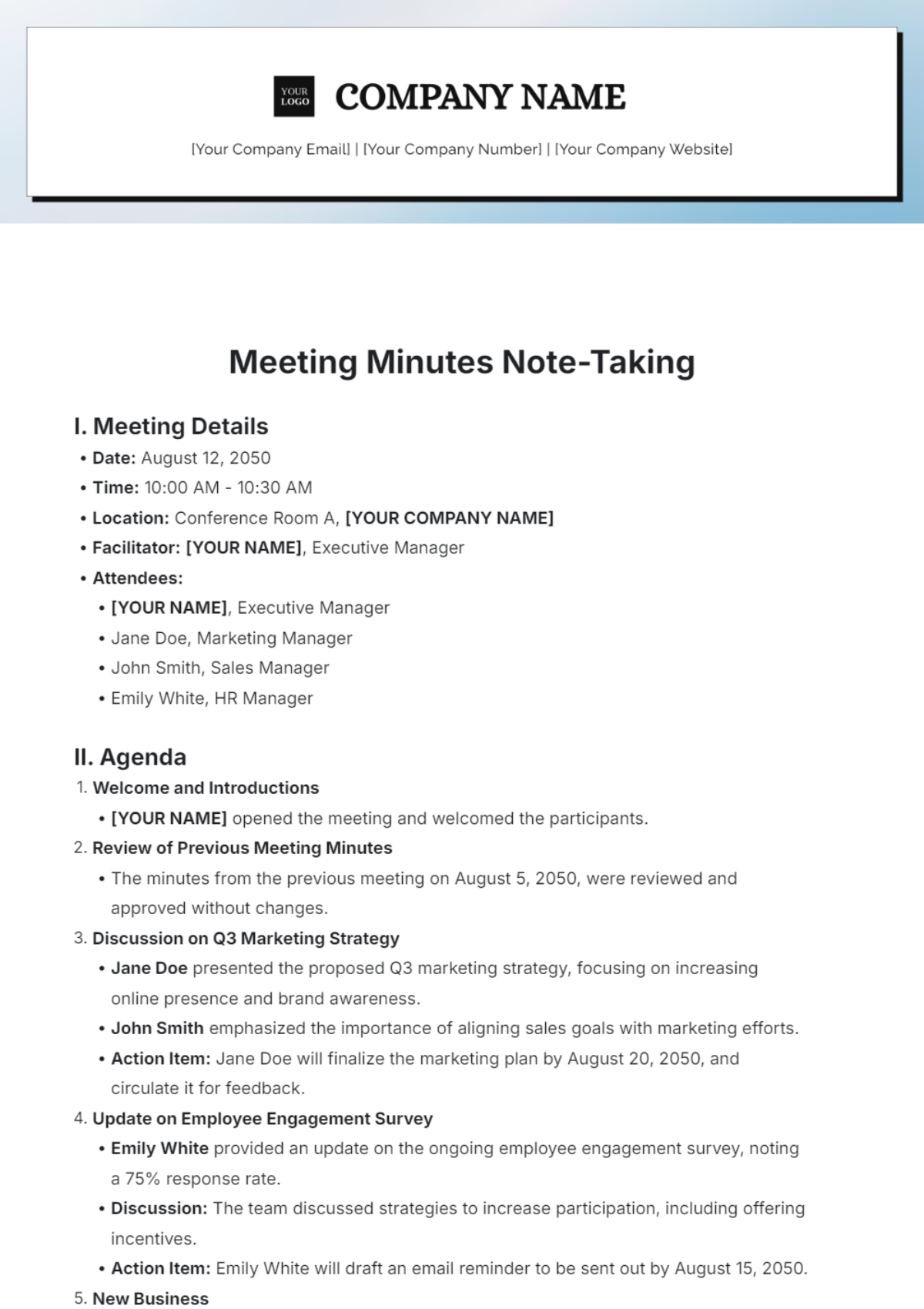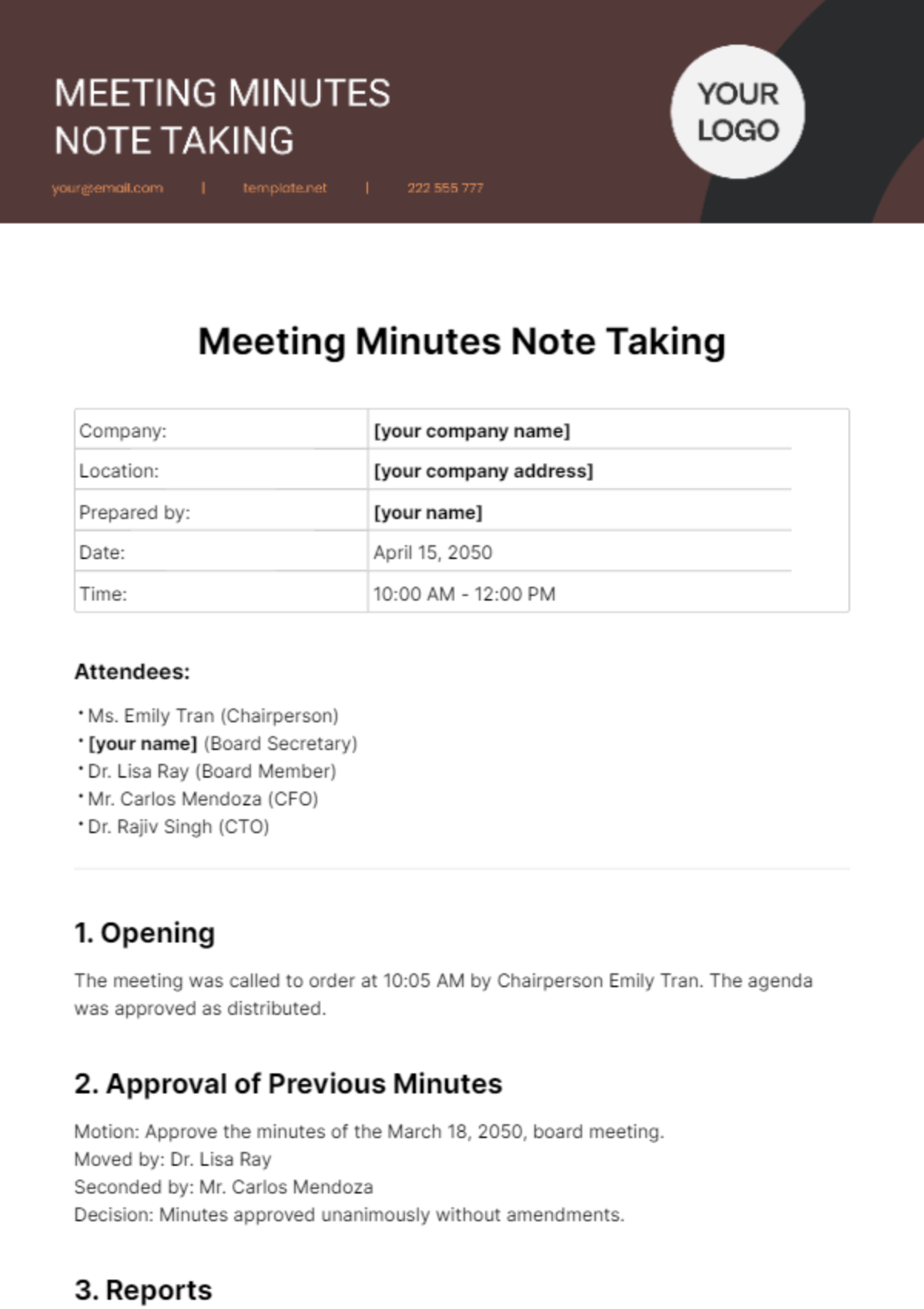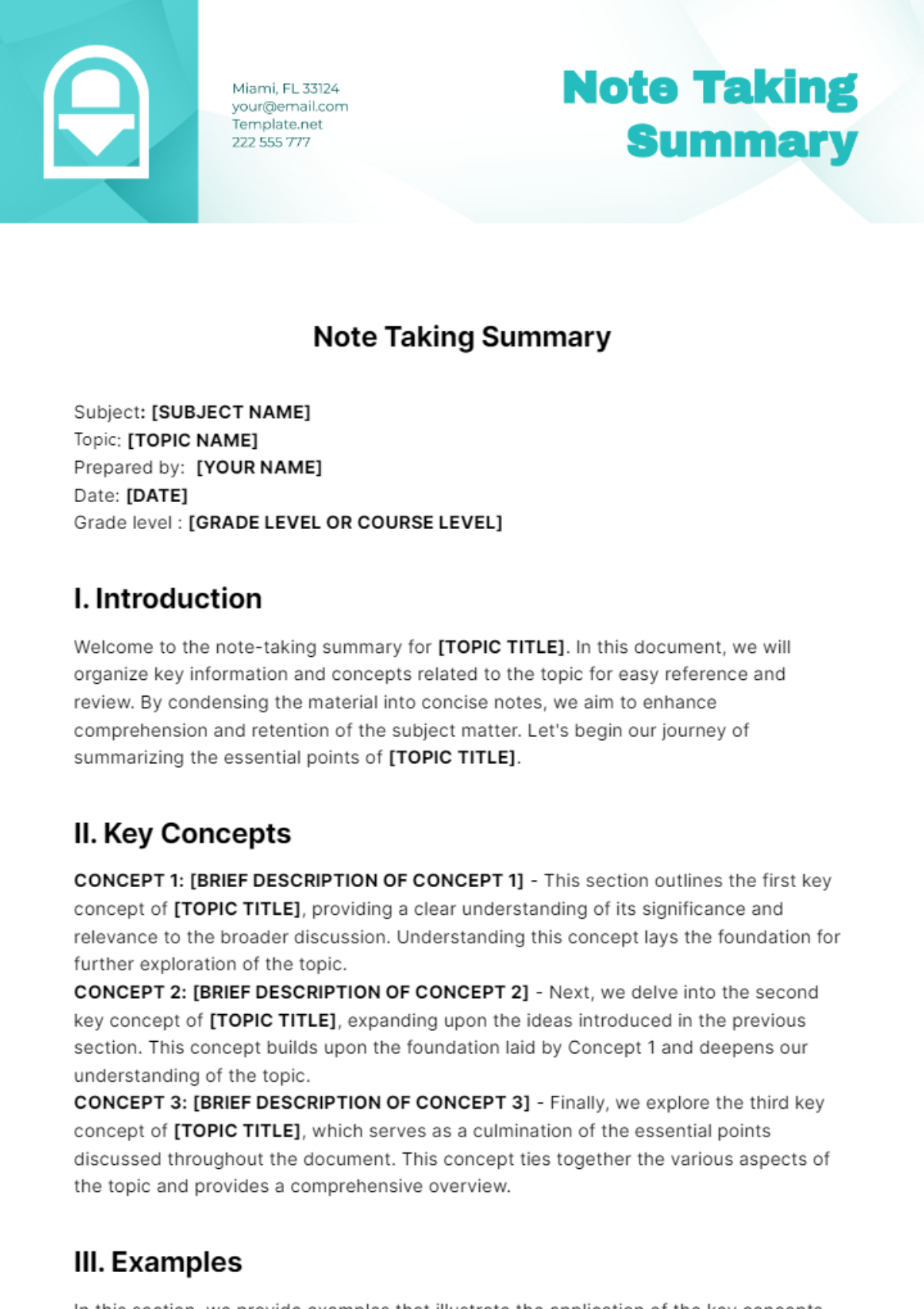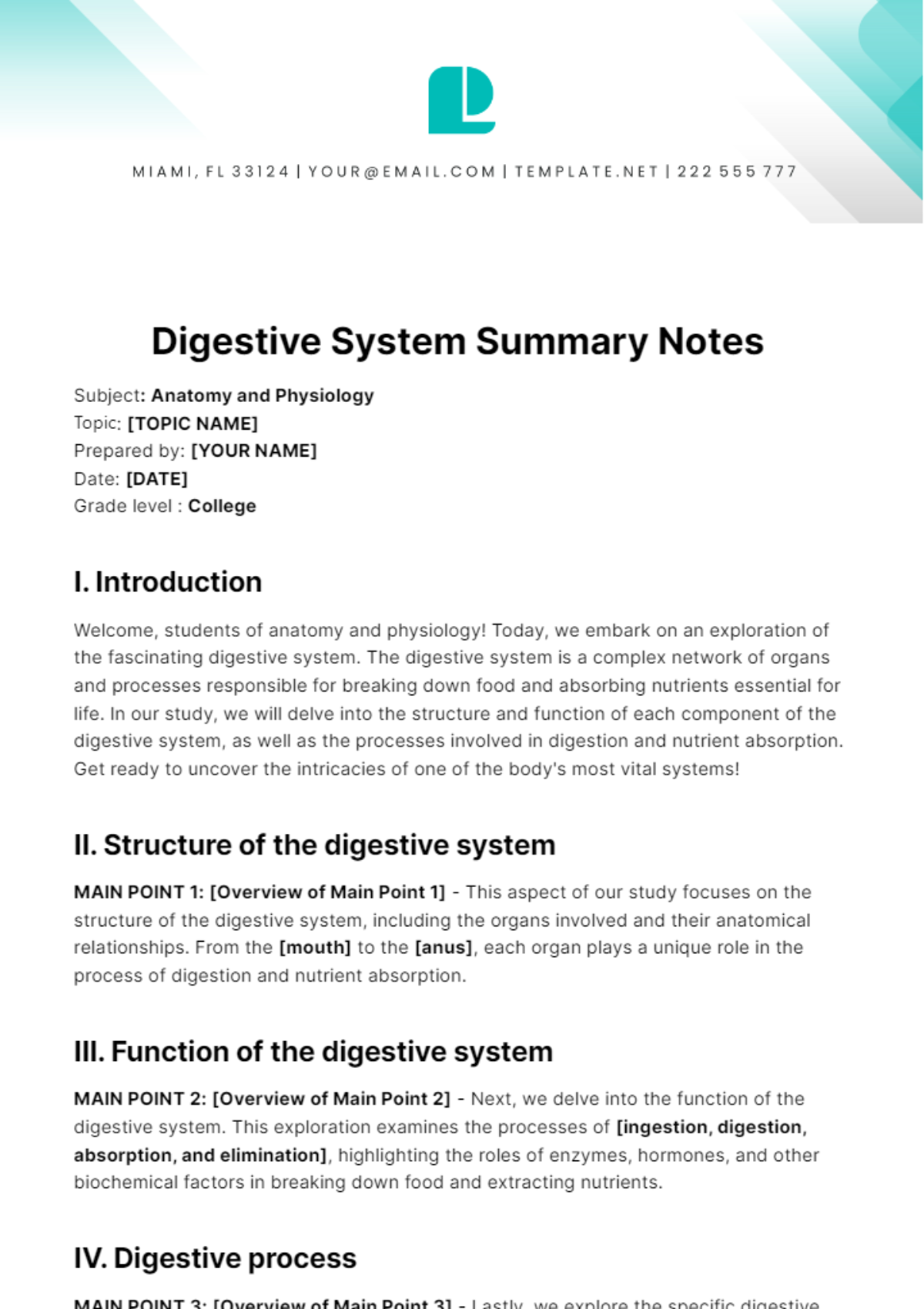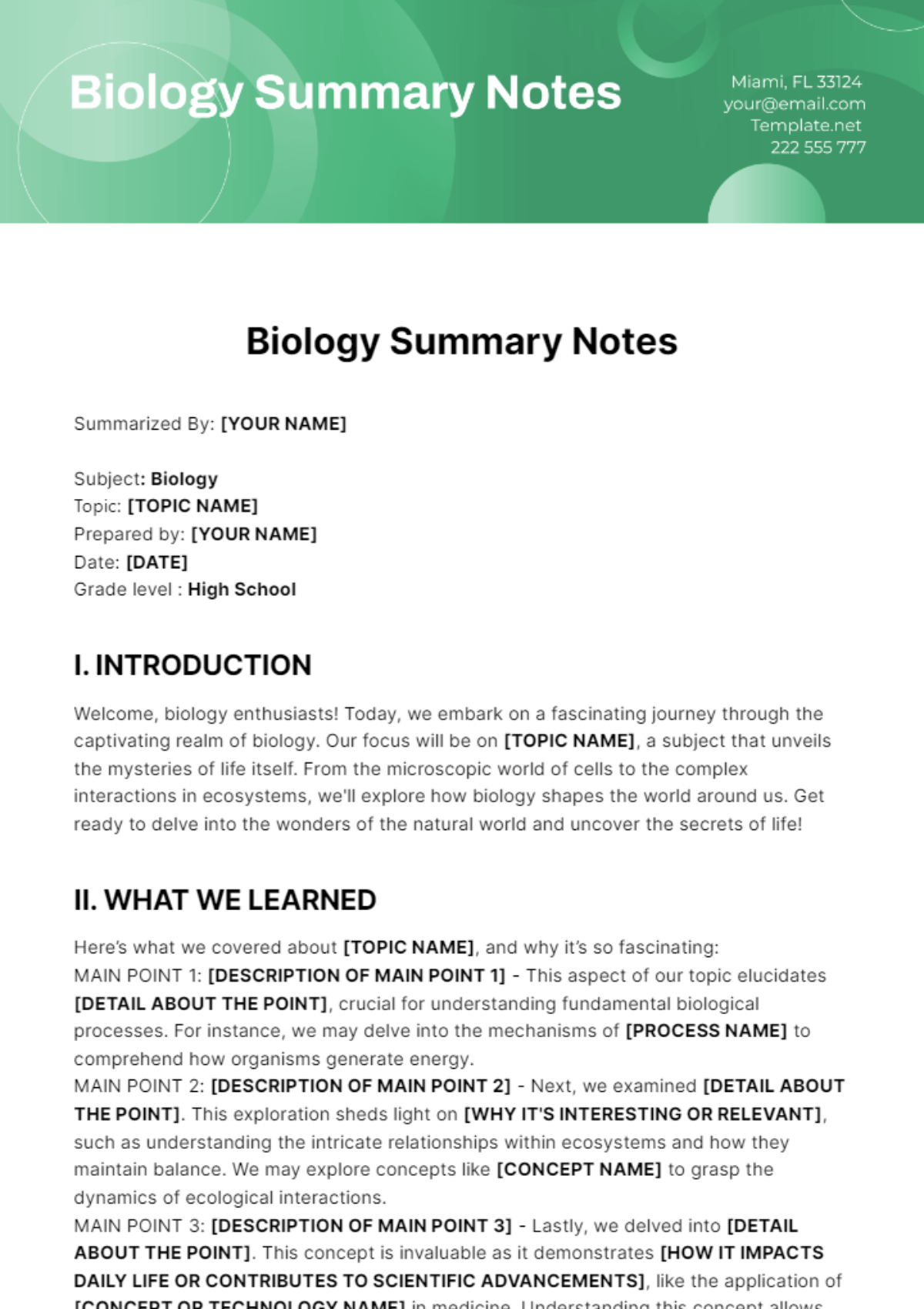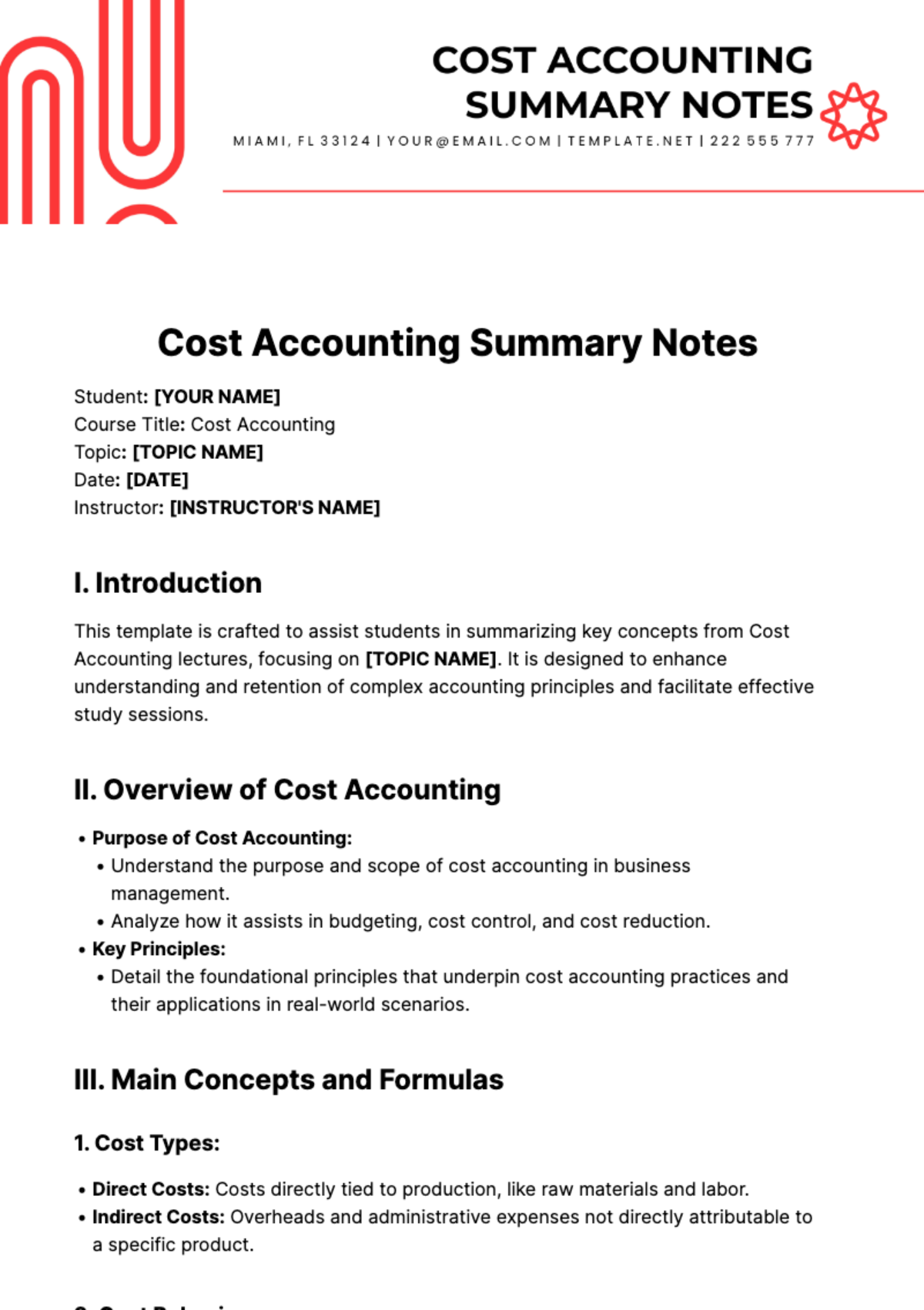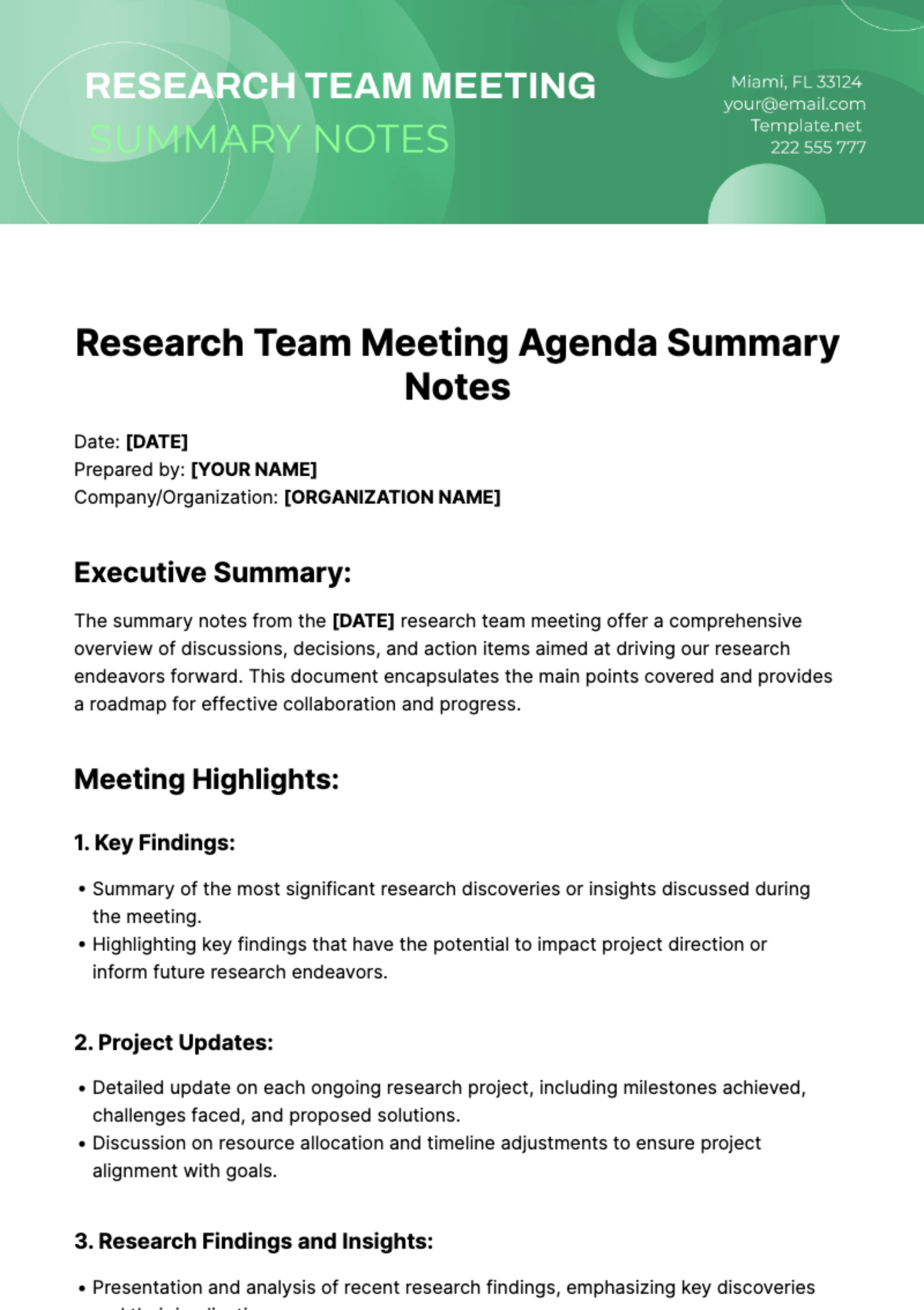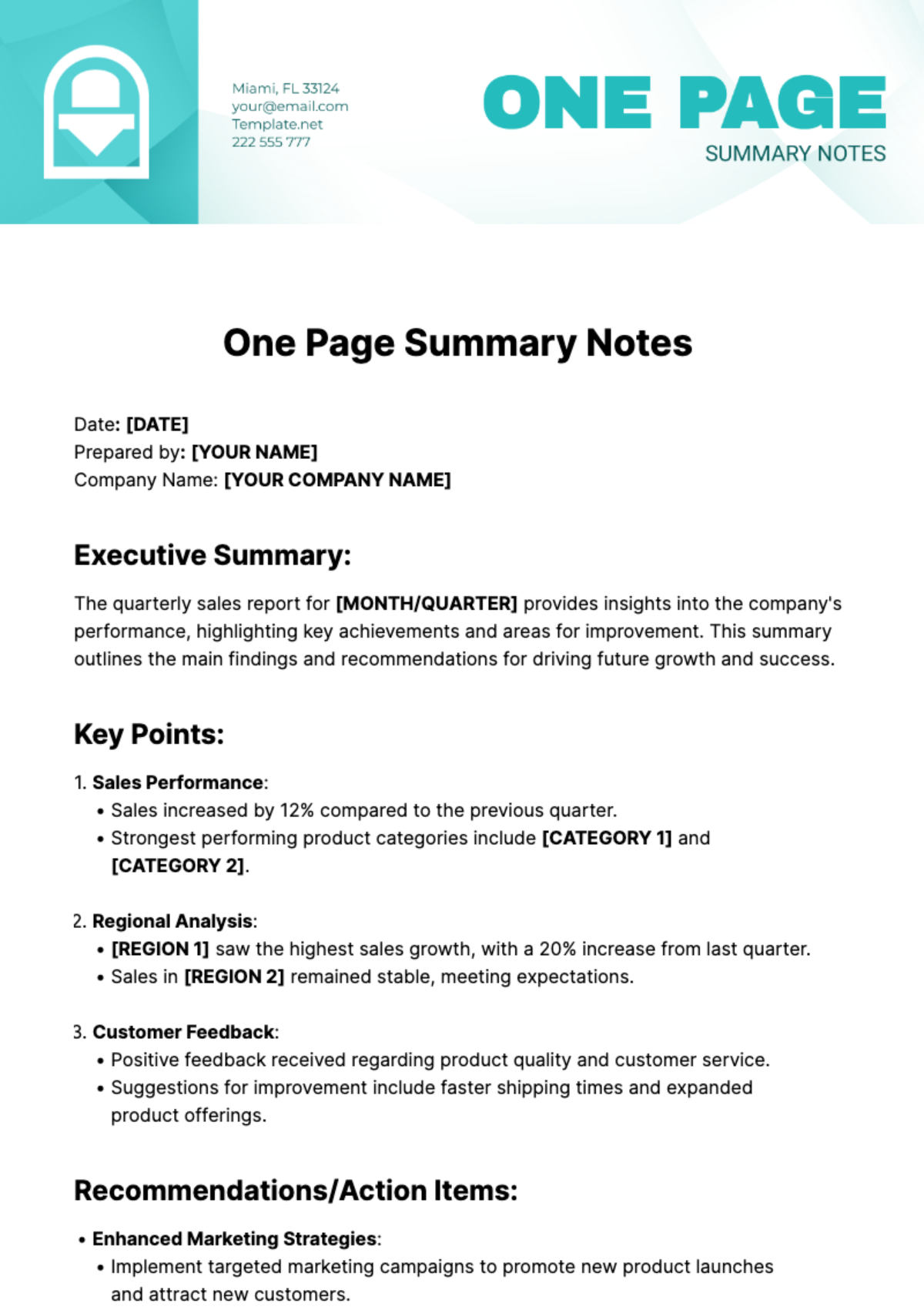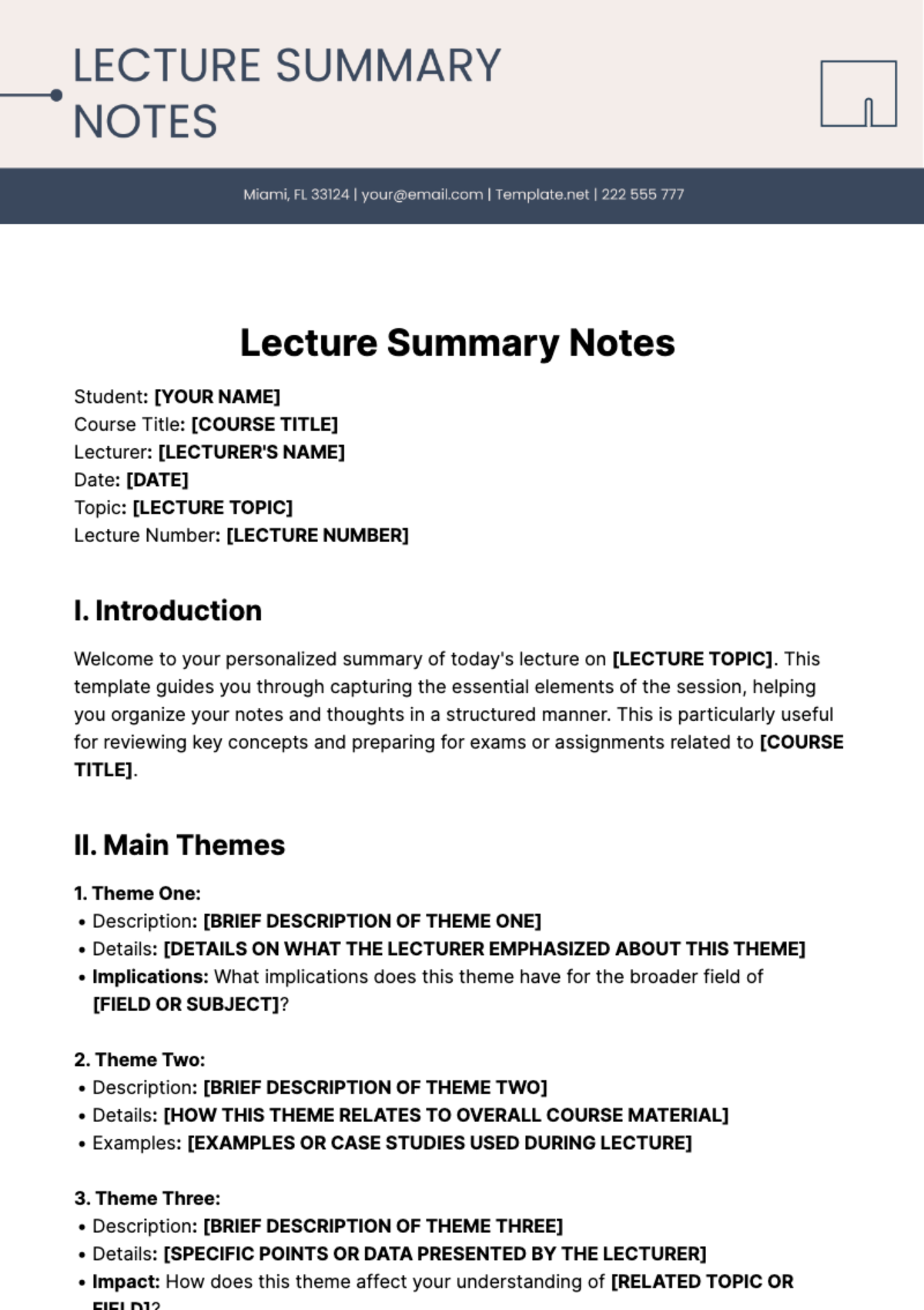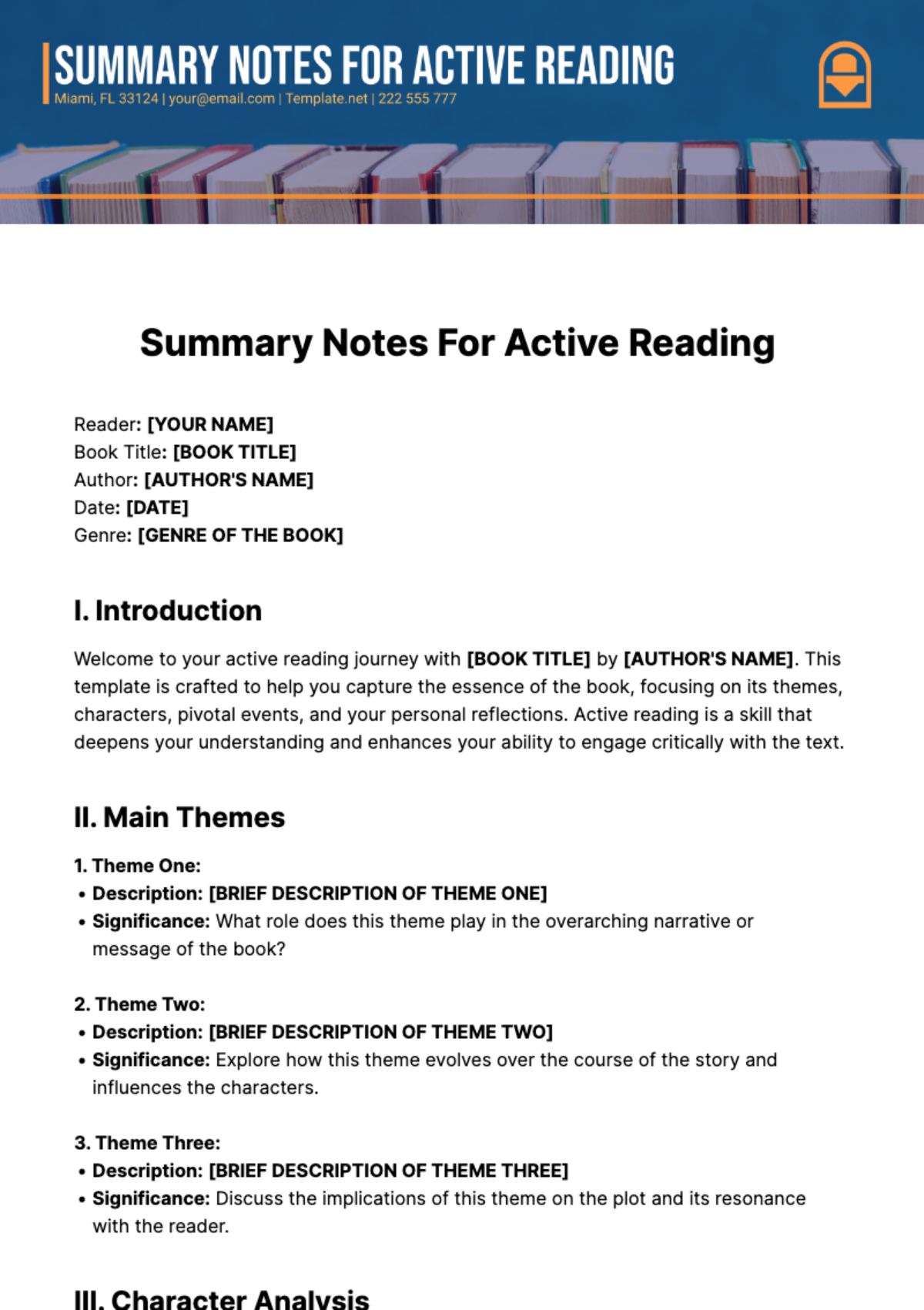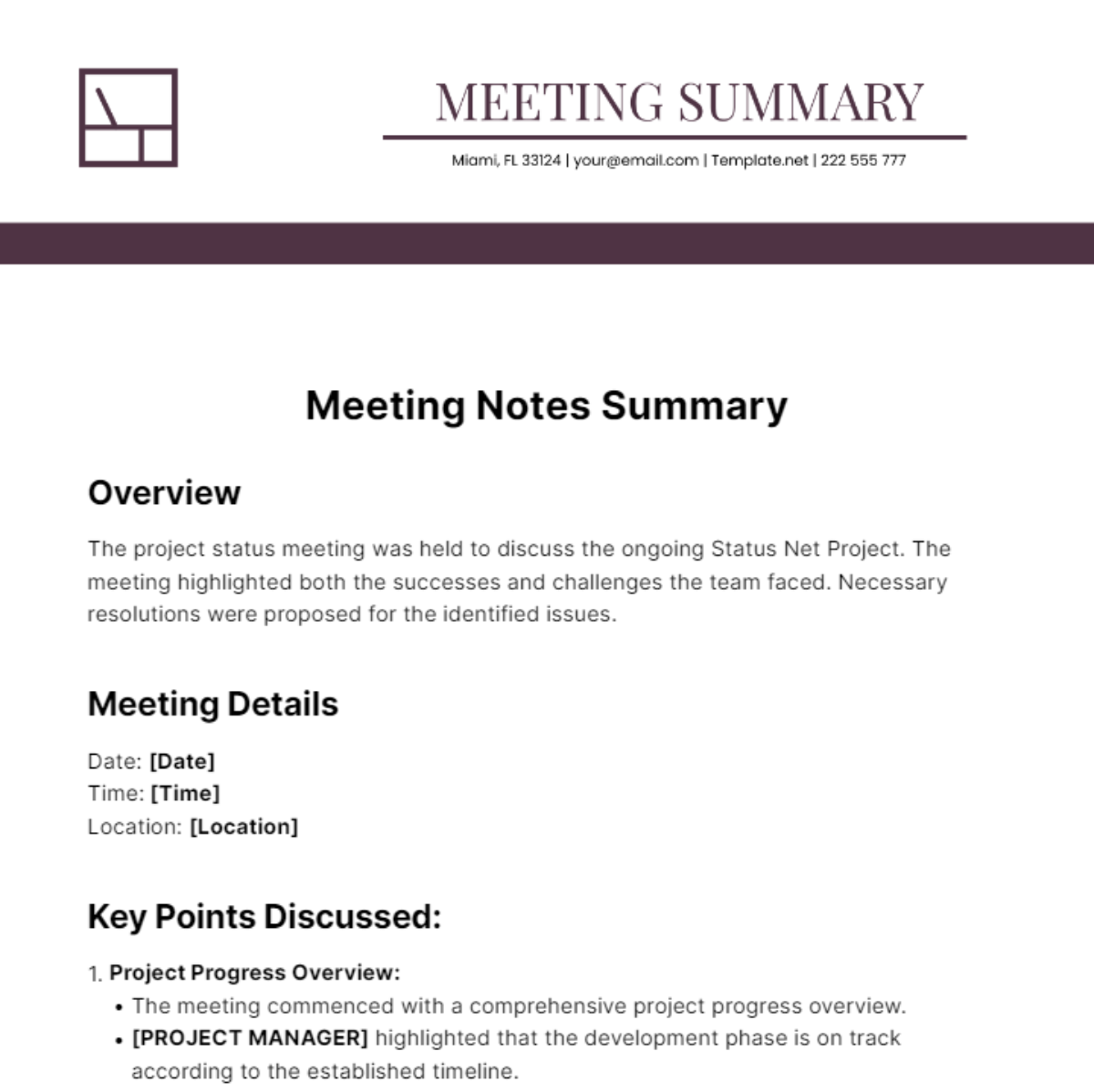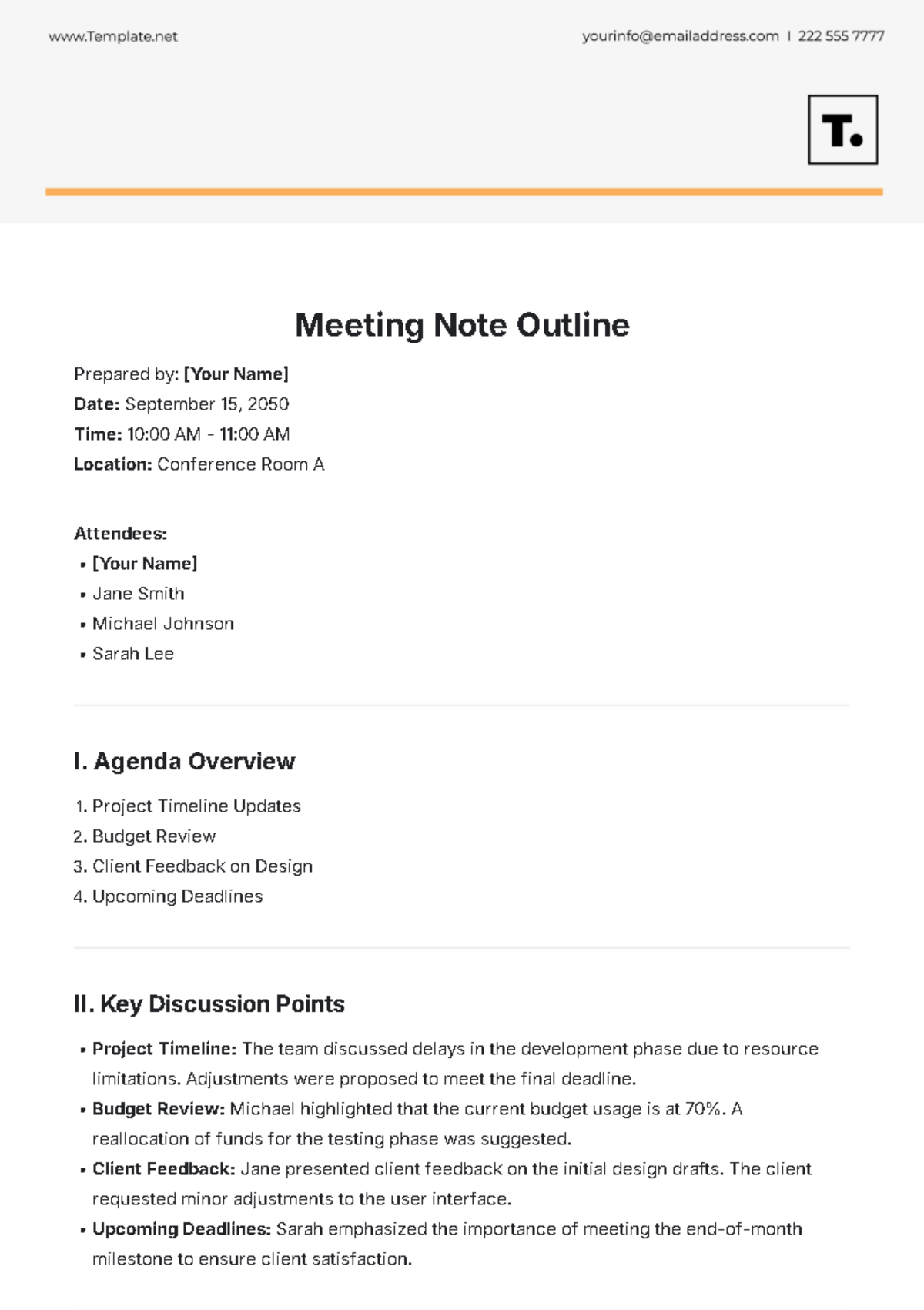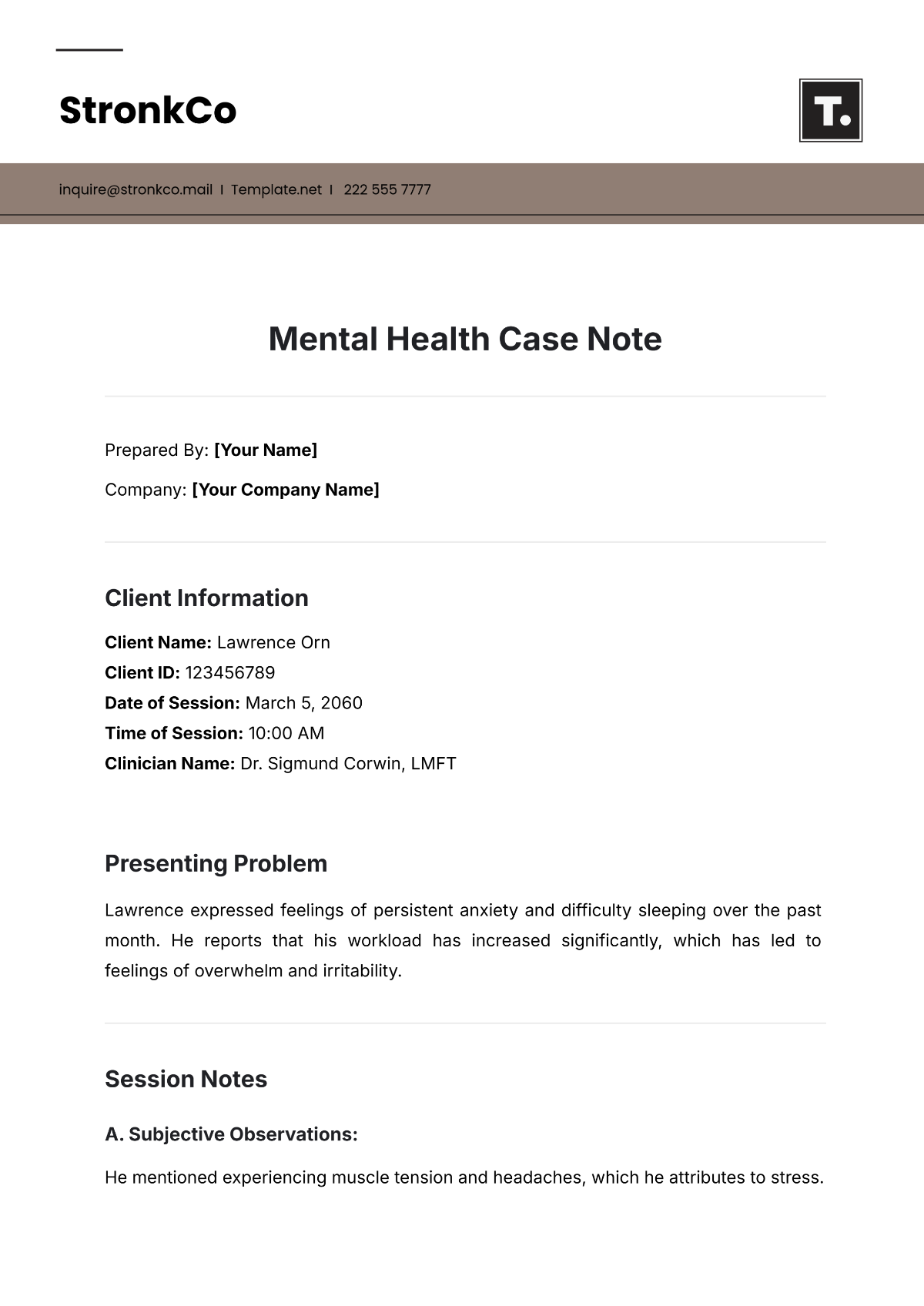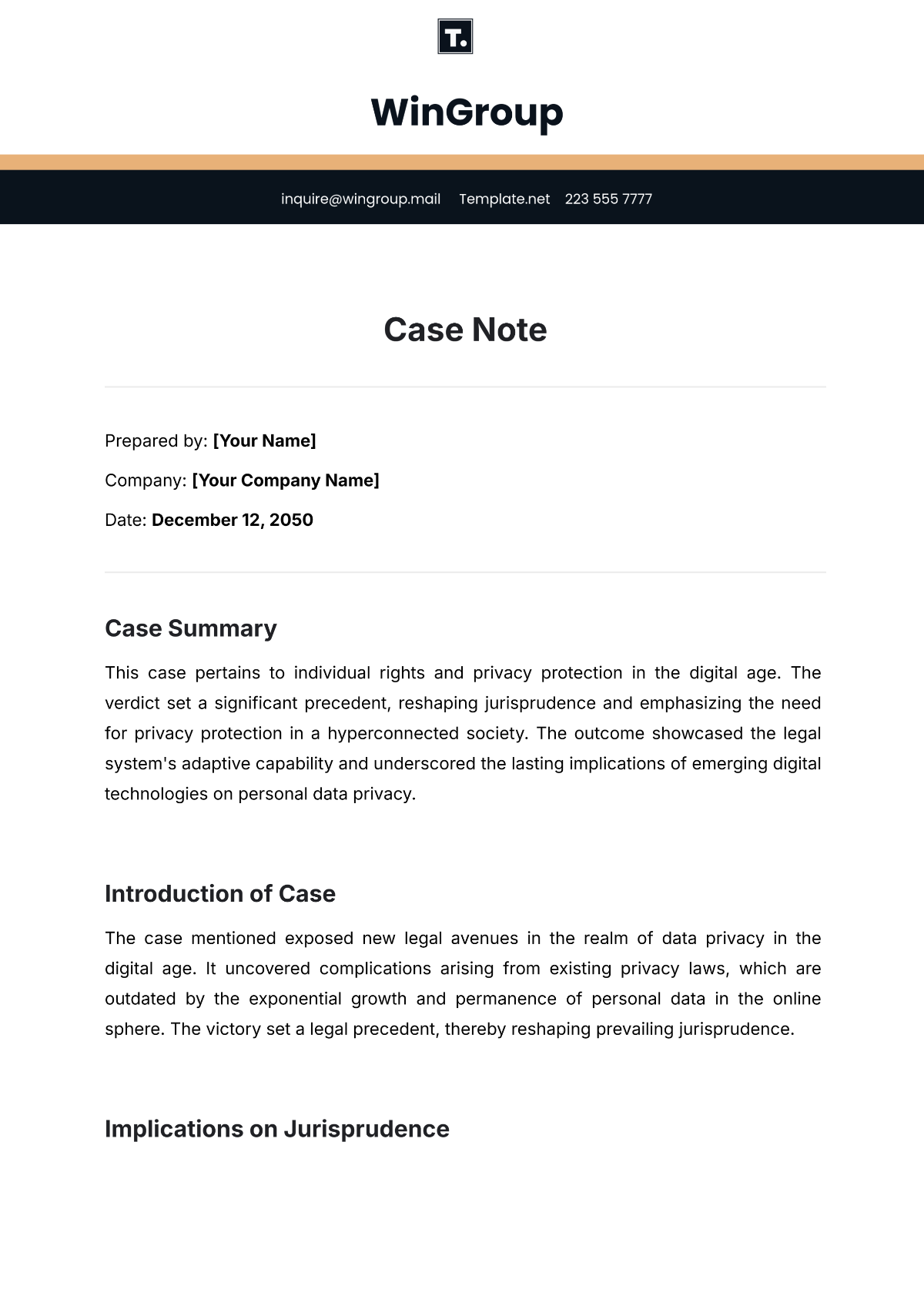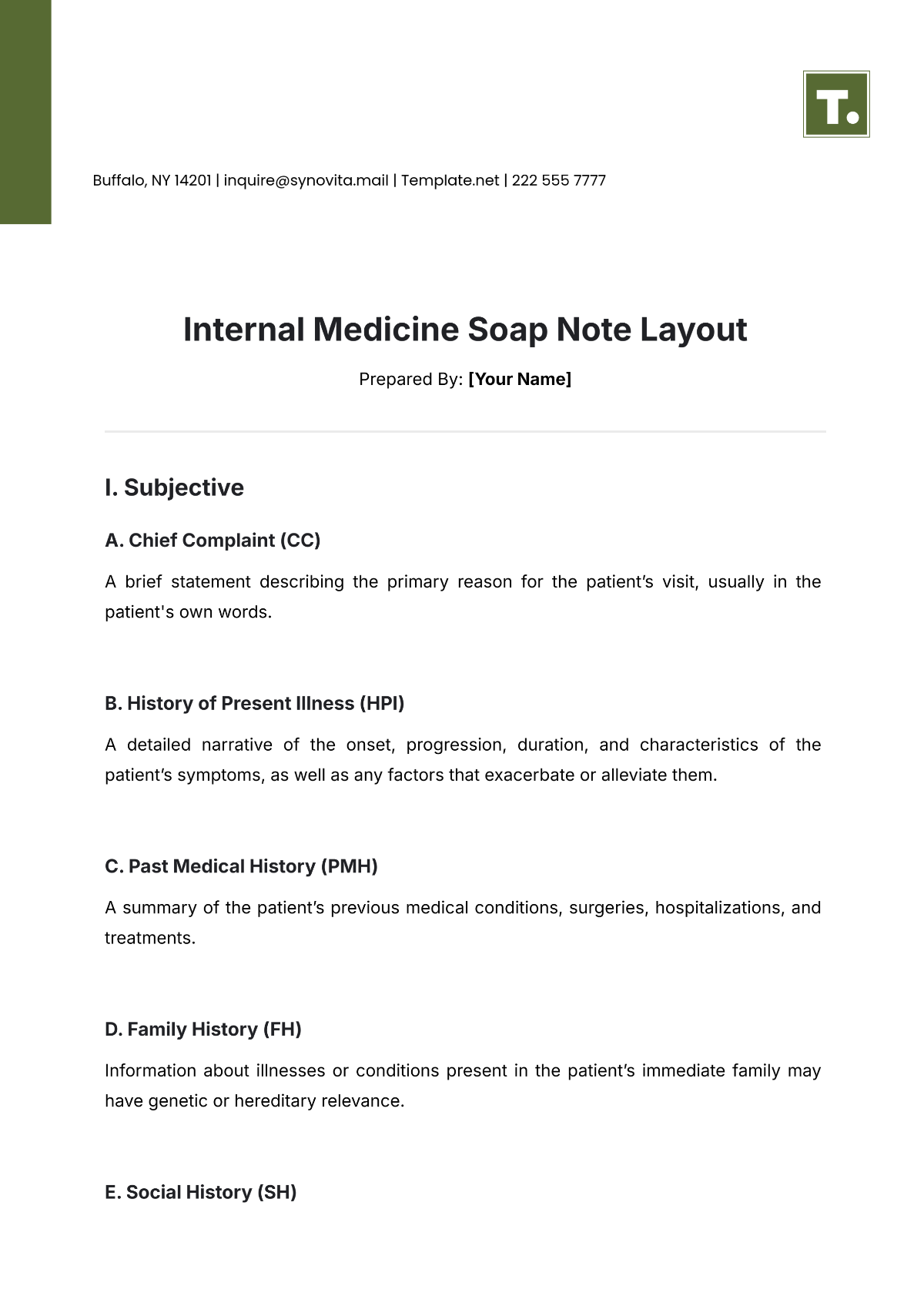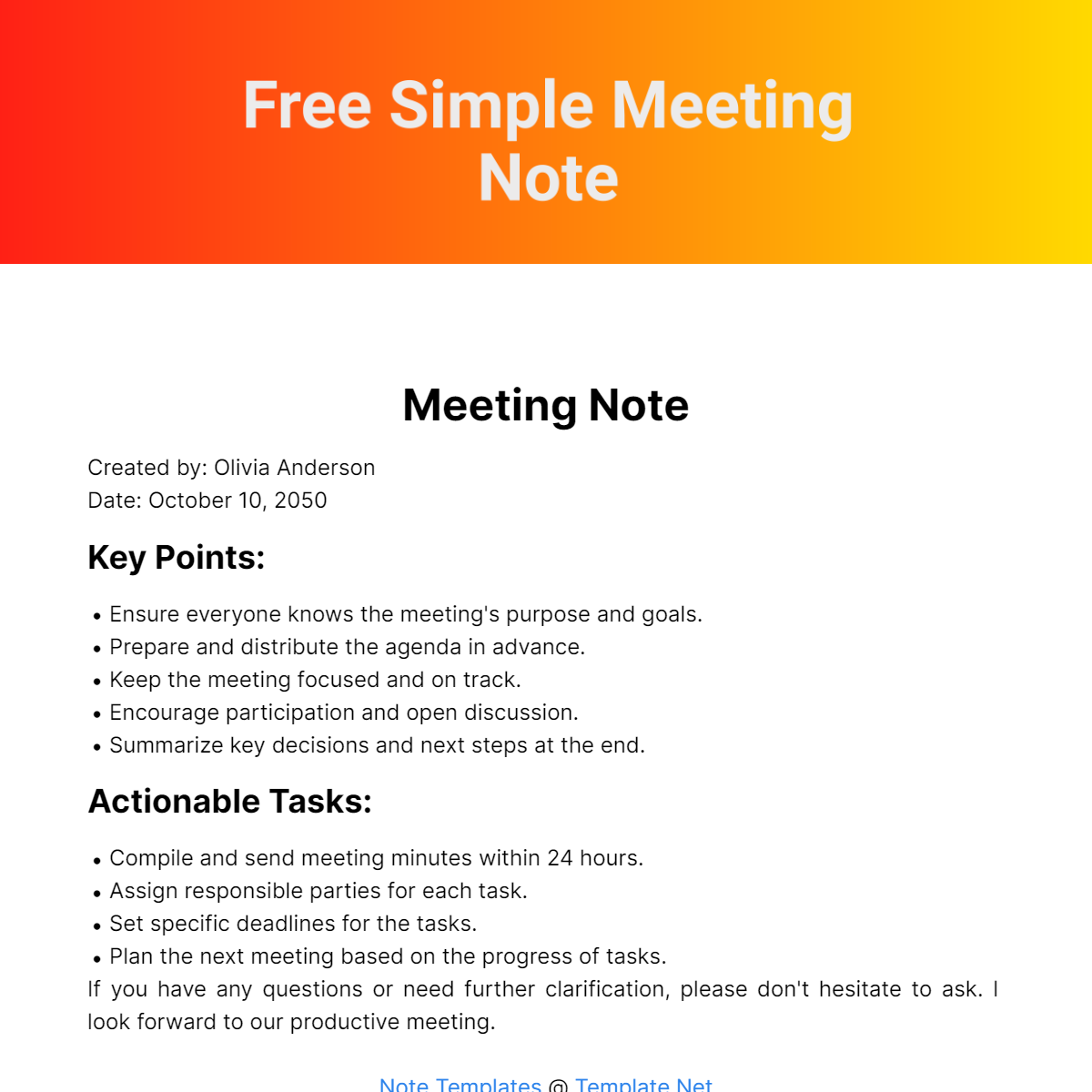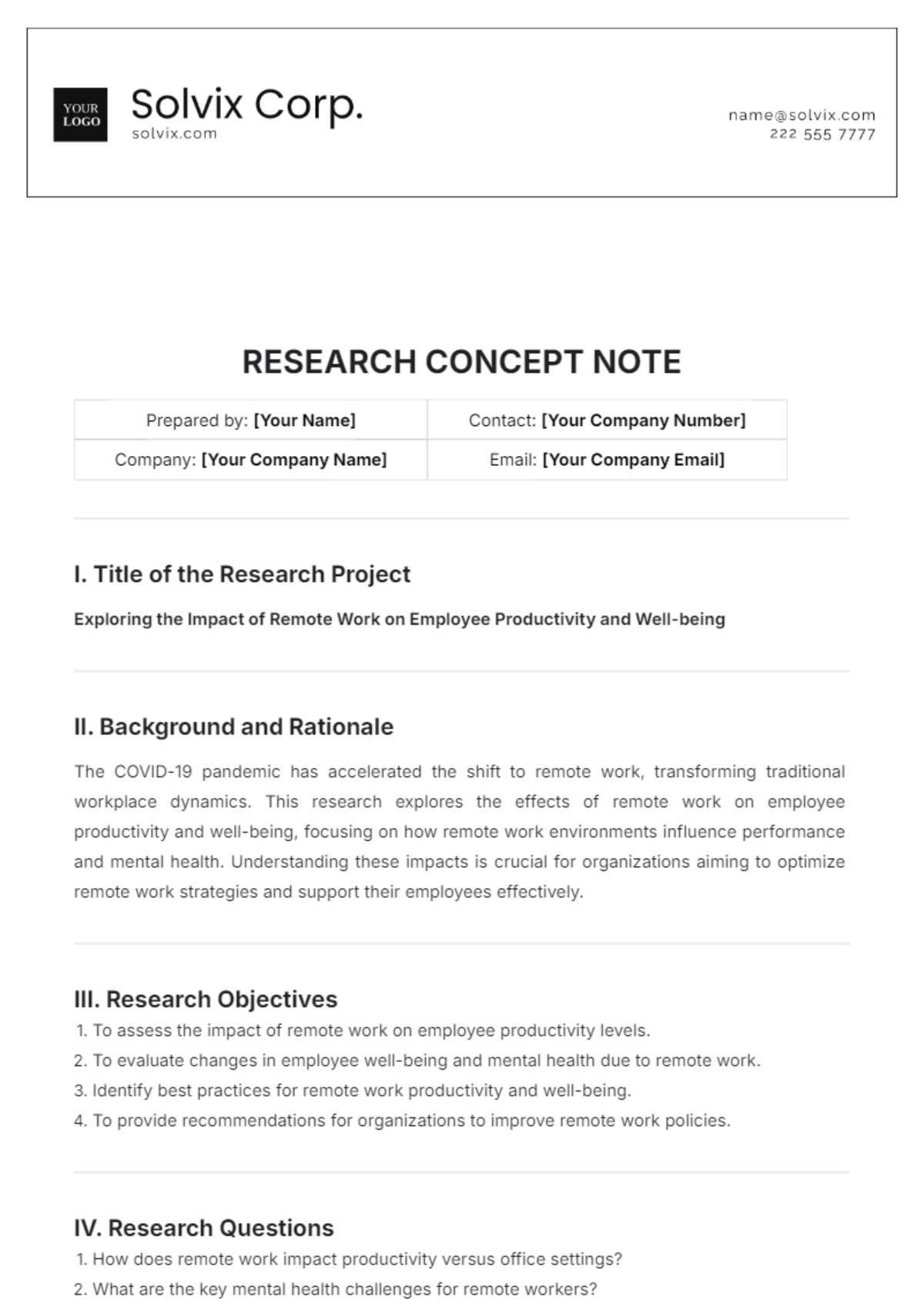RESEARCH CONCEPT NOTE
Prepared by: [Your Name] | Contact: [Your Company Number] |
Company: [Your Company Name] | Email: [Your Company Email] |
I. Title of the Research Project
Exploring the Impact of Remote Work on Employee Productivity and Well-being
II. Background and Rationale
The COVID-19 pandemic has accelerated the shift to remote work, transforming traditional workplace dynamics. This research explores the effects of remote work on employee productivity and well-being, focusing on how remote work environments influence performance and mental health. Understanding these impacts is crucial for organizations aiming to optimize remote work strategies and support their employees effectively.
III. Research Objectives
To assess the impact of remote work on employee productivity levels.
To evaluate changes in employee well-being and mental health due to remote work.
Identify best practices for remote work productivity and well-being.
To provide recommendations for organizations to improve remote work policies.
IV. Research Questions
How does remote work impact productivity versus office settings?
What are the key mental health challenges for remote workers?
What tools and strategies boost productivity and well-being for remote workers
How do remote work practices differ across various industries and job roles?
V. Literature Review
Recent studies indicate that remote work can lead to increased flexibility and autonomy, which may enhance productivity (Smith, 2051). However, challenges such as social isolation and work-life balance issues have been reported (Jones & Lee, 2052). Gaps in the literature include the long-term effects of remote work on mental health and the effectiveness of different remote work strategies.
VI. Methodology
This research will utilize a mixed-methods approach:
Quantitative: Surveys will be distributed to employees across various industries to measure productivity levels and self-reported well-being.
Qualitative: In-depth interviews with HR managers and remote workers will be conducted to gain insights into personal experiences and best practices.
Data will be analyzed using statistical software for quantitative data and thematic analysis for qualitative data.
VII. Expected Outcomes
The research is expected to reveal a comprehensive understanding of how remote work affects productivity and well-being. It will provide actionable insights and best practices for organizations to enhance remote work policies and support their employees. The findings will contribute to the ongoing discourse on remote work and its long-term implications.
VIII. Timeline
Milestone | Duration |
|---|---|
Literature review and research design | 2 months |
Development of survey and interview questions | 1 month |
Data collection | 2 months |
Data analysis | 2 months |
Drafting of research findings | 1 month |
Review and finalization of the report | 1 month |
Presentation of findings | 1 month |
IX. Budget
Expense Category | Estimated Cost |
|---|---|
Personnel | $5,000 |
Materials | $1,000 |
Software | $500 |
Miscellaneous | $500 |
Total Estimated Budget | $7,000 |
X. References
Smith, A. (2051). The Future of Remote Work: Productivity Insights. Journal of Business Studies.
Jones, B., & Lee, C. (2052). Work-Life Balance and Mental Health in Remote Settings. Employee Well-being Quarterly.


